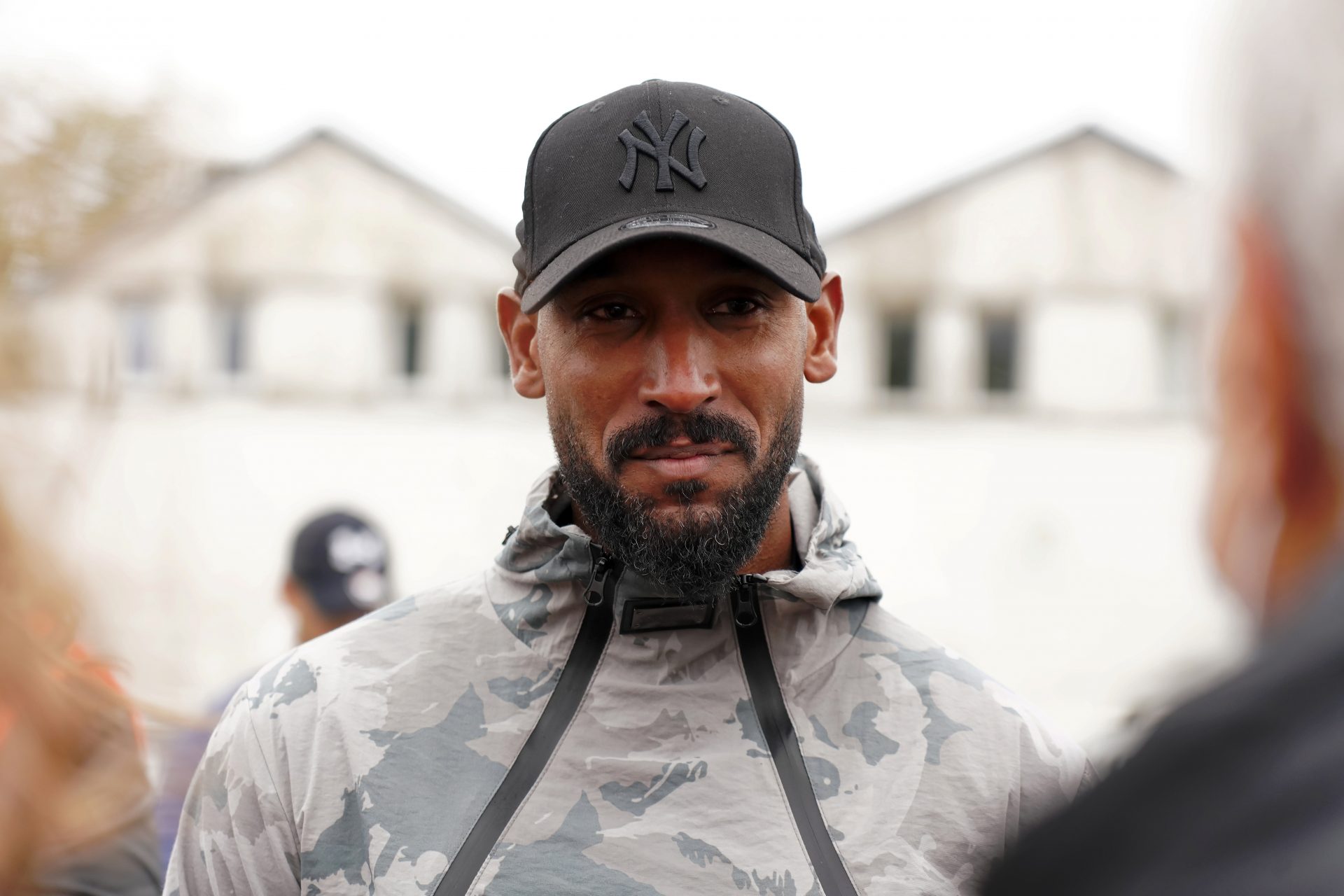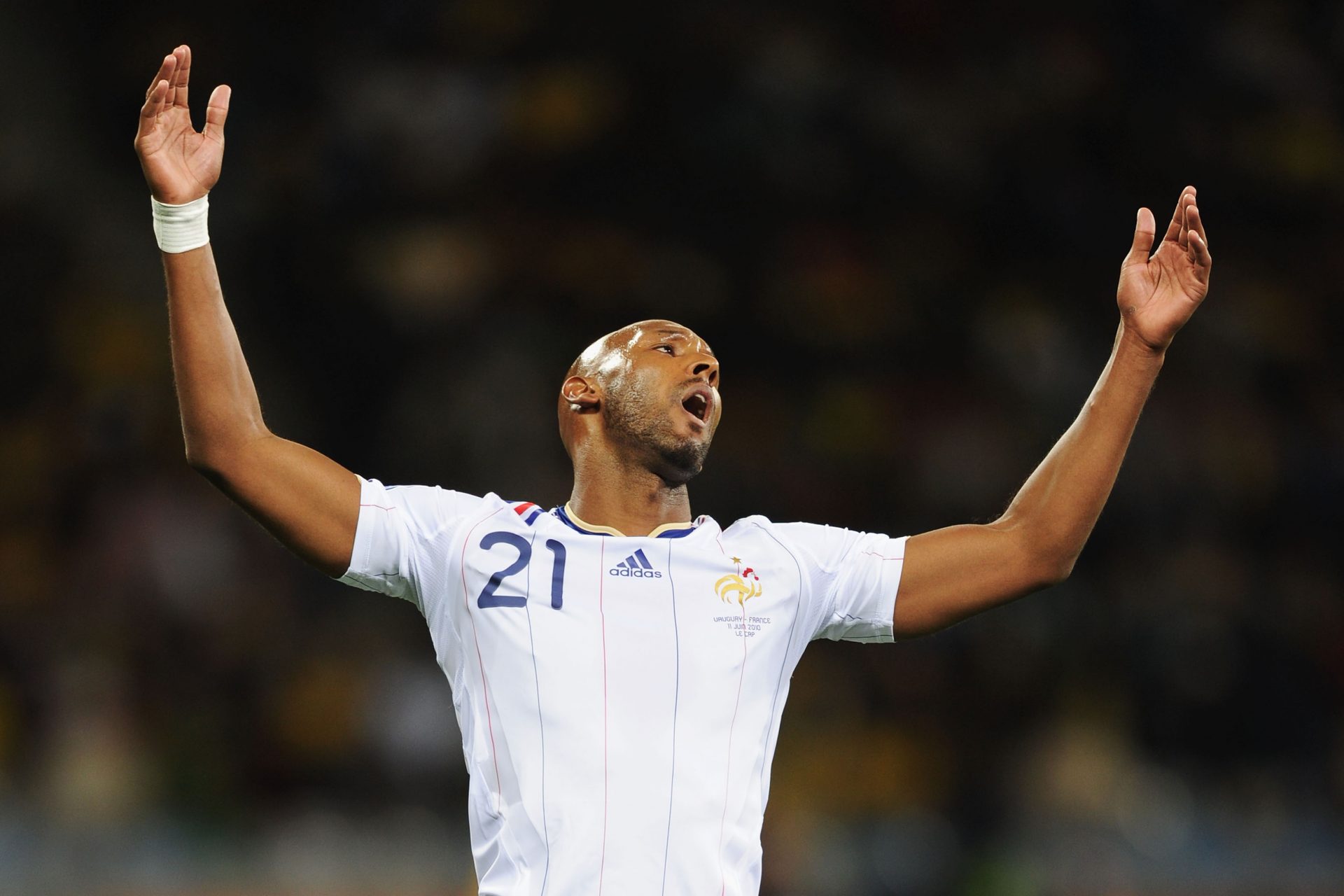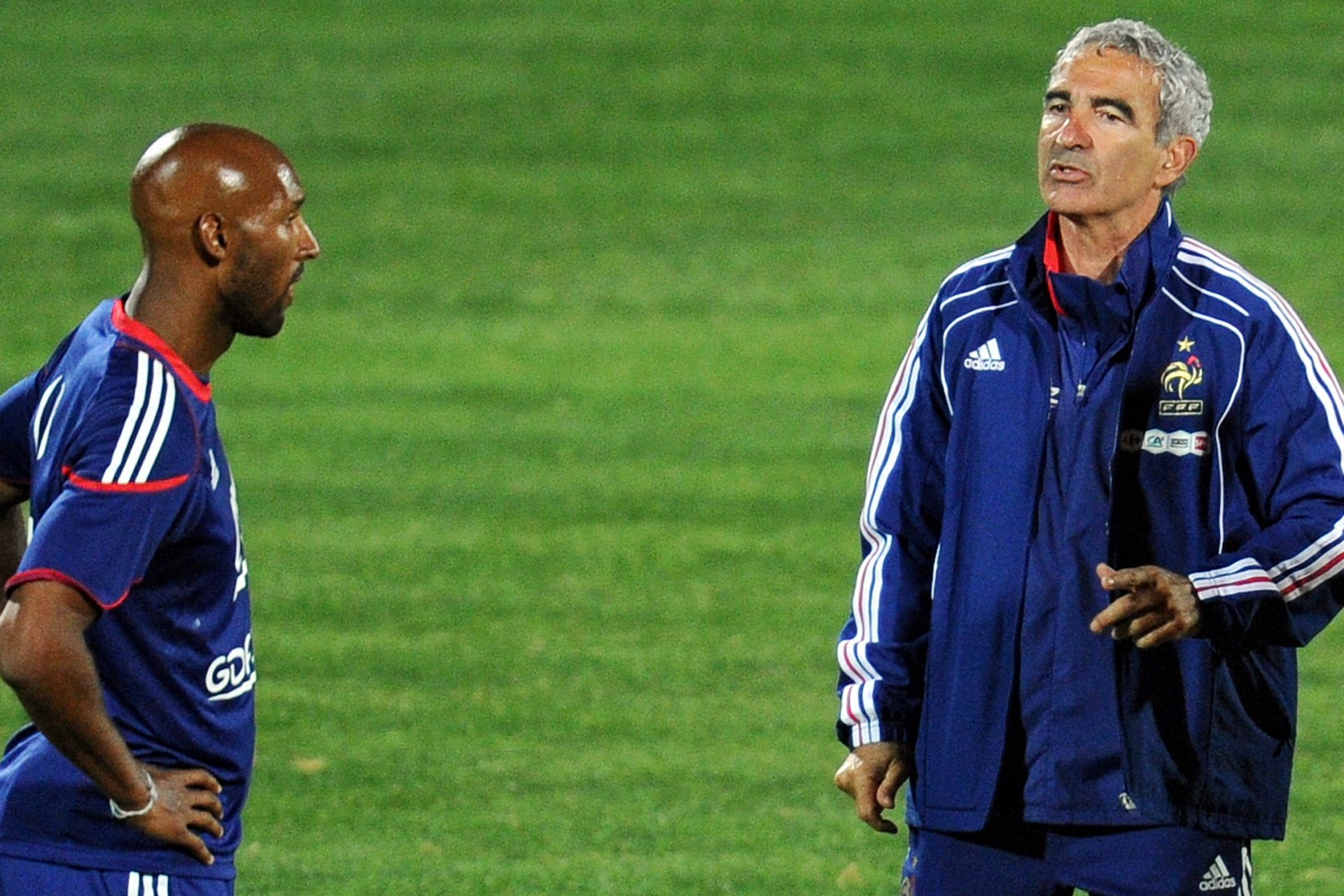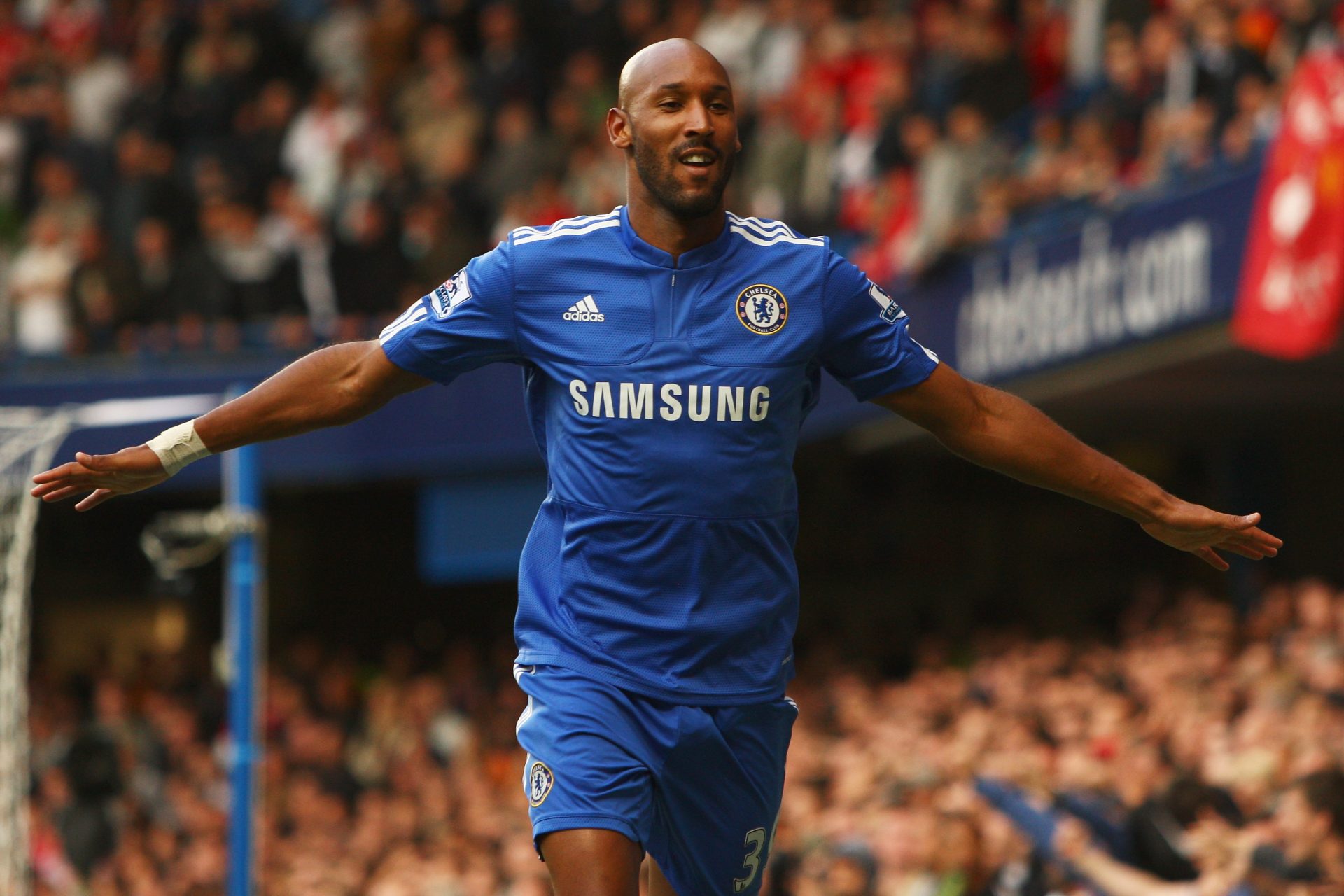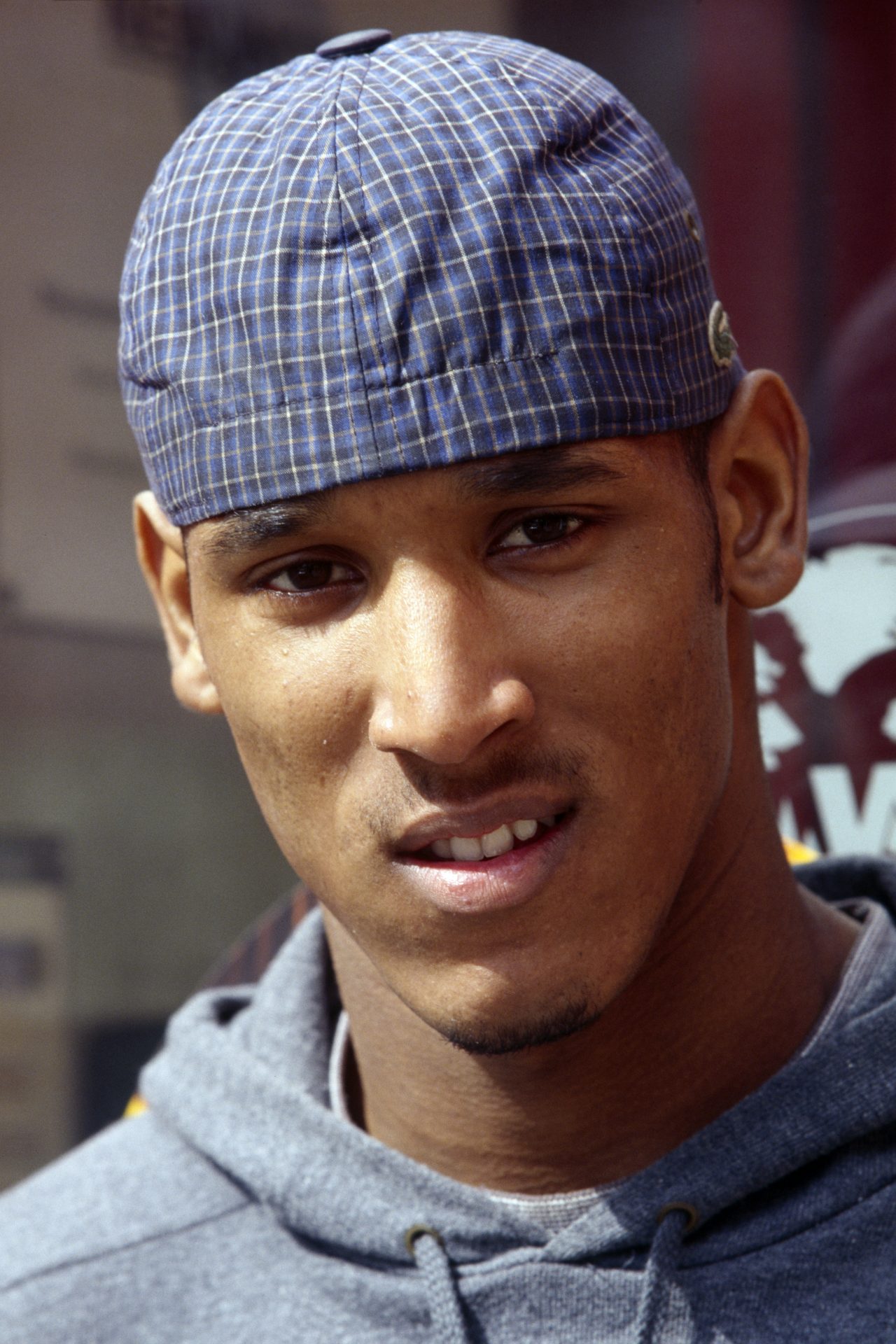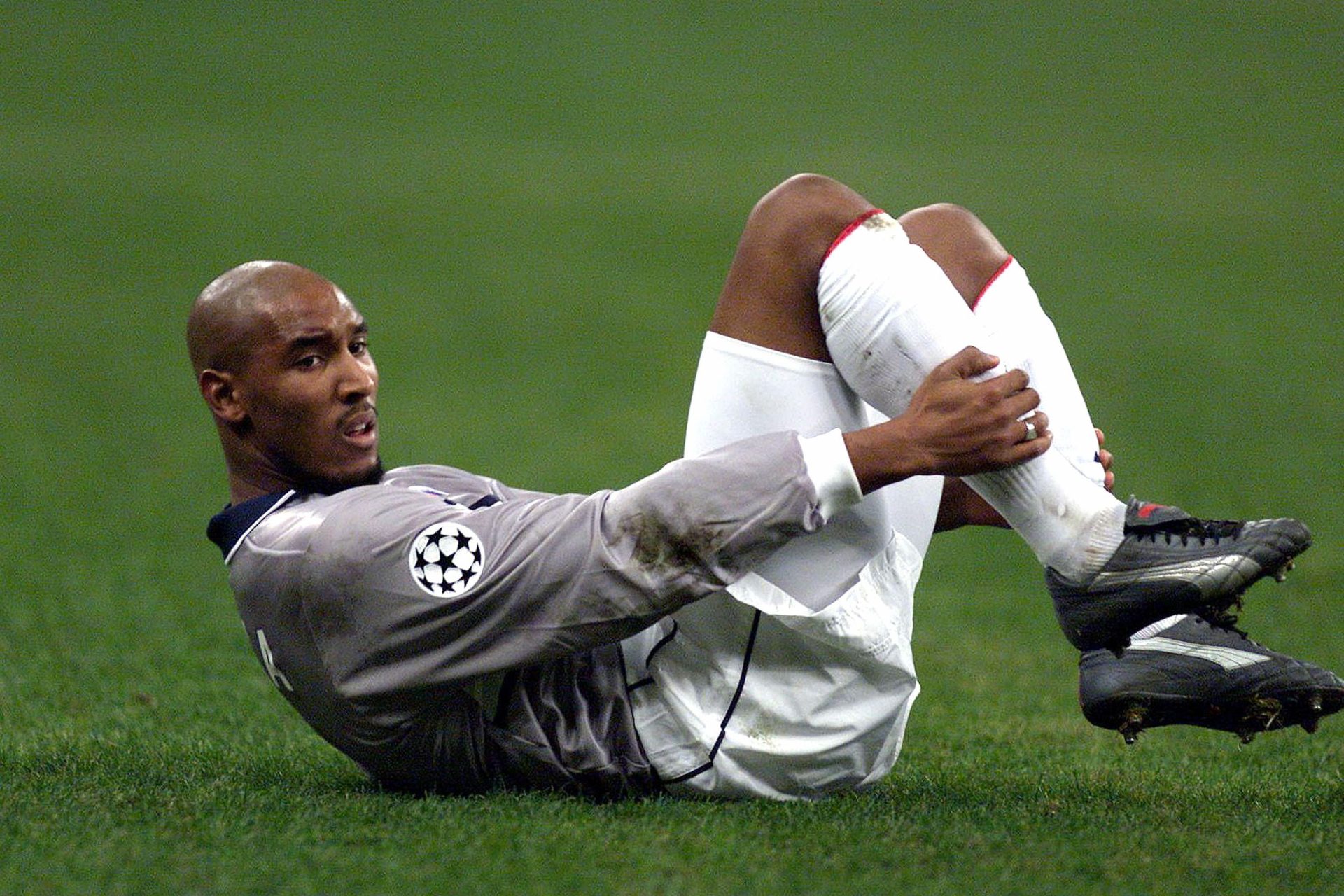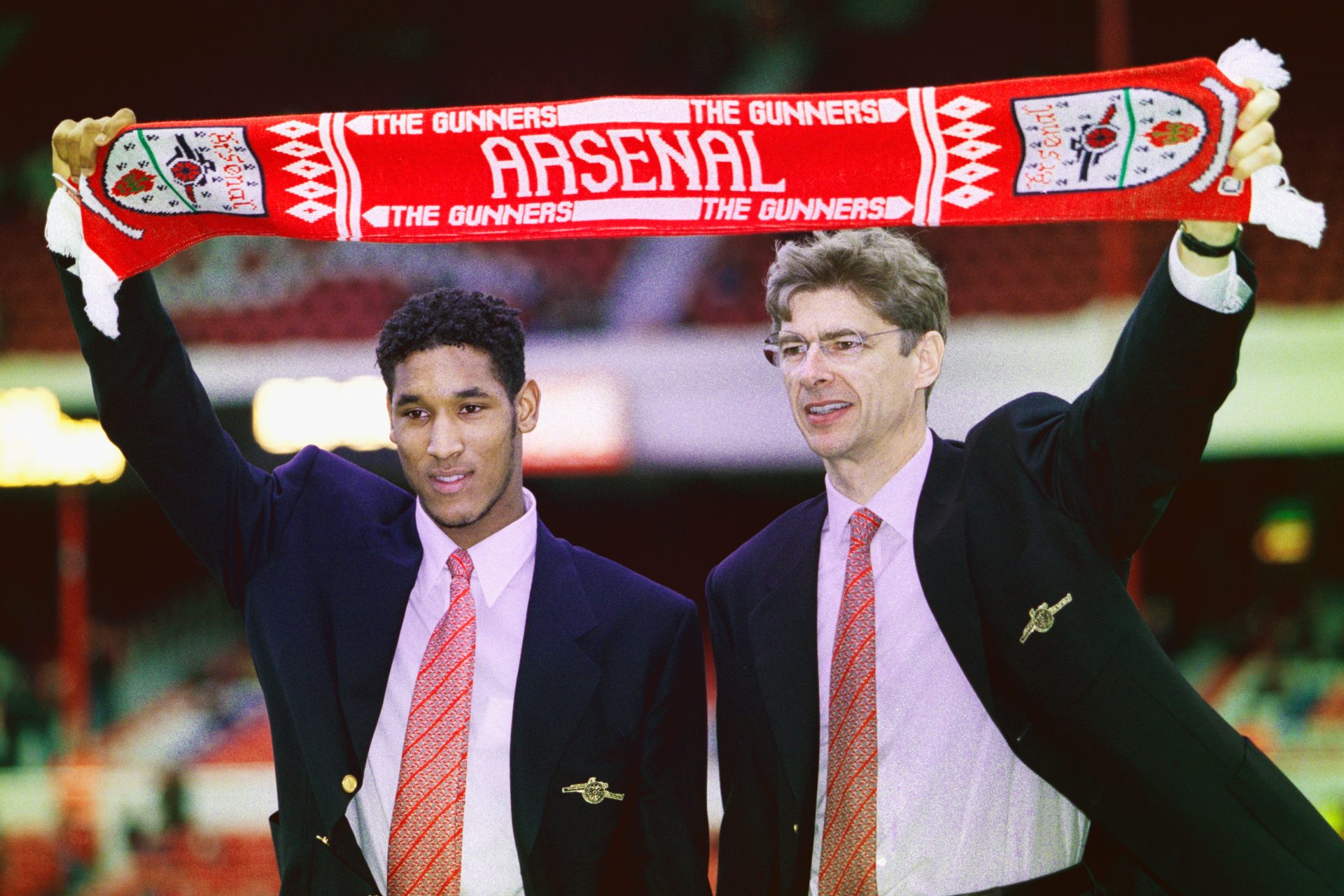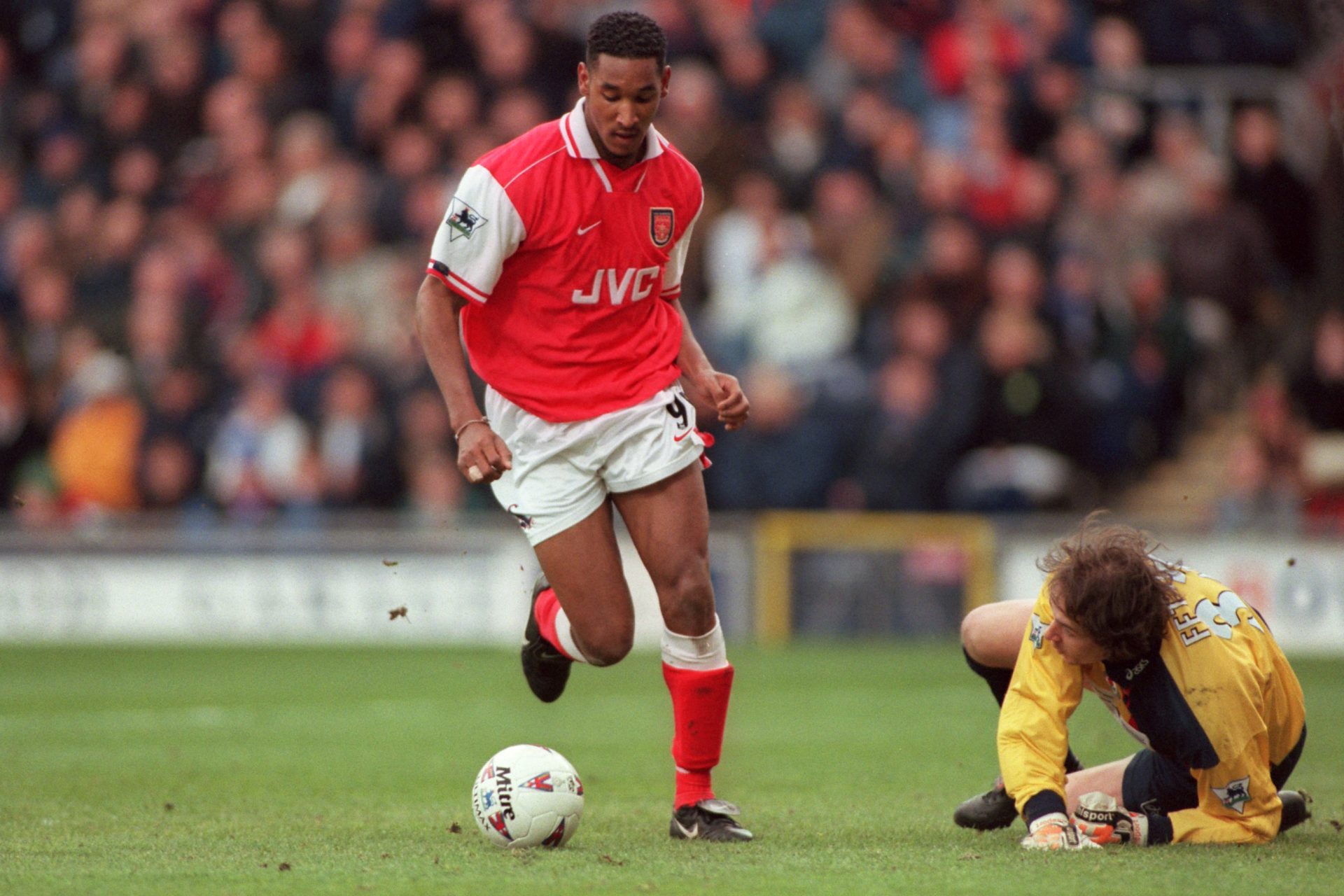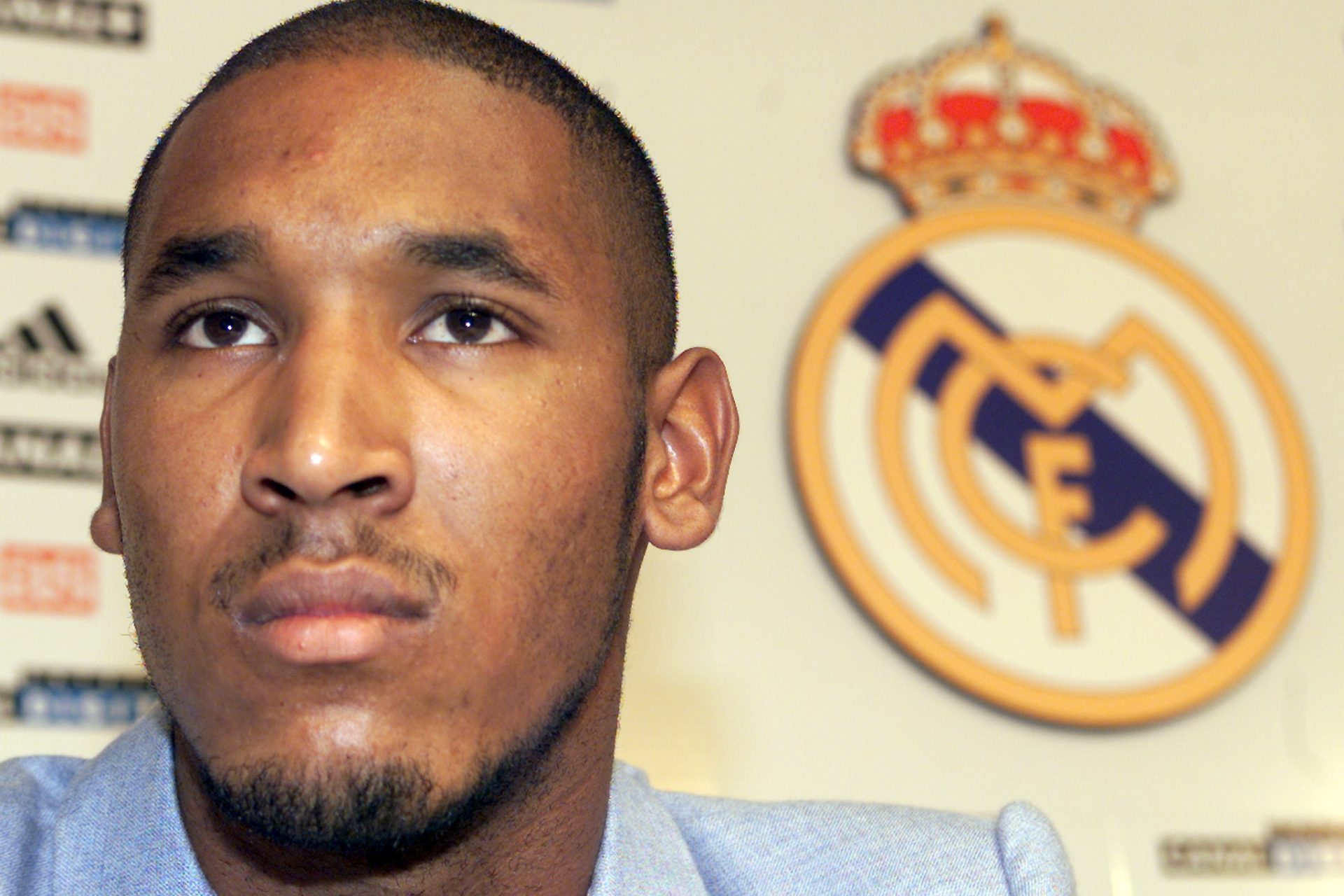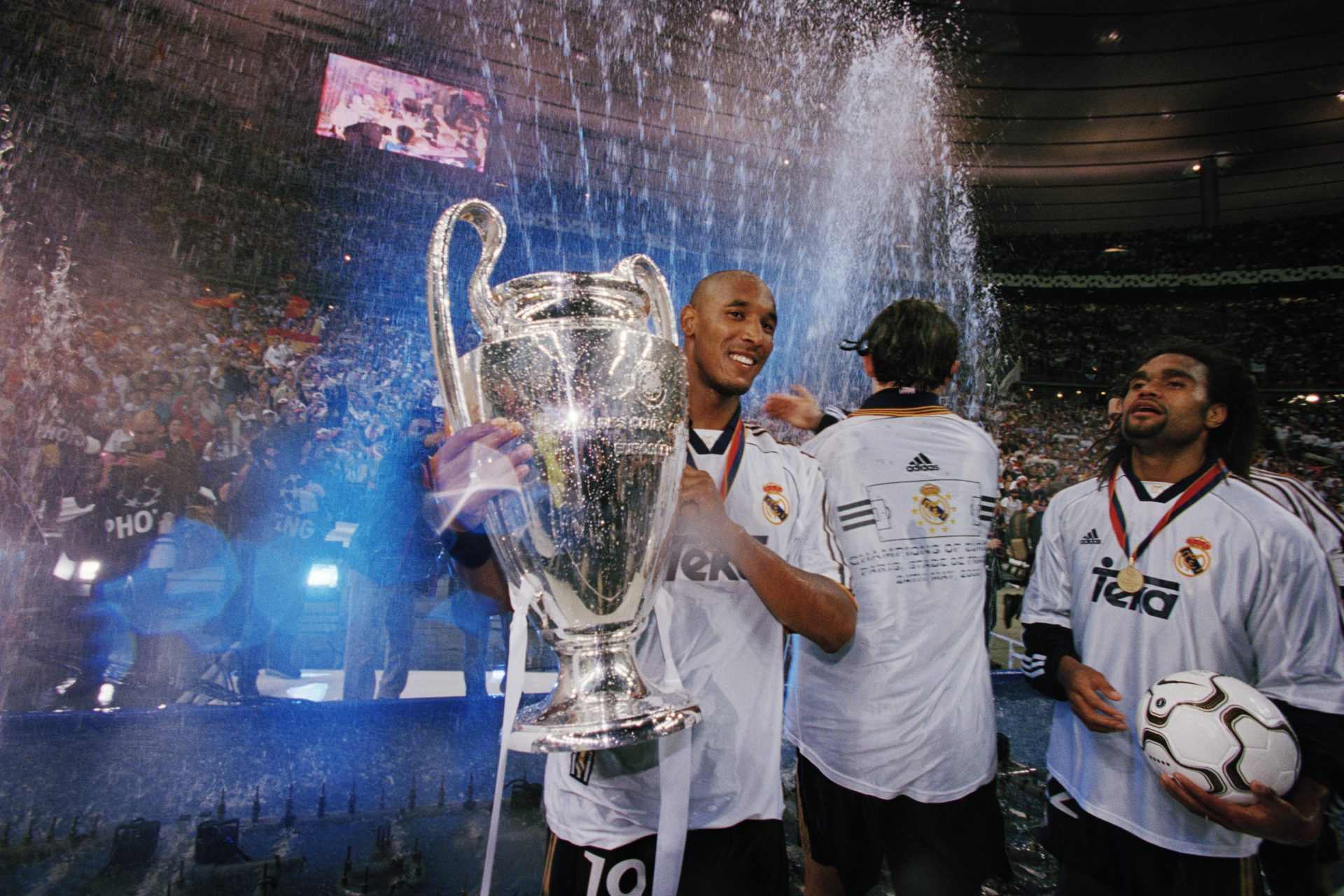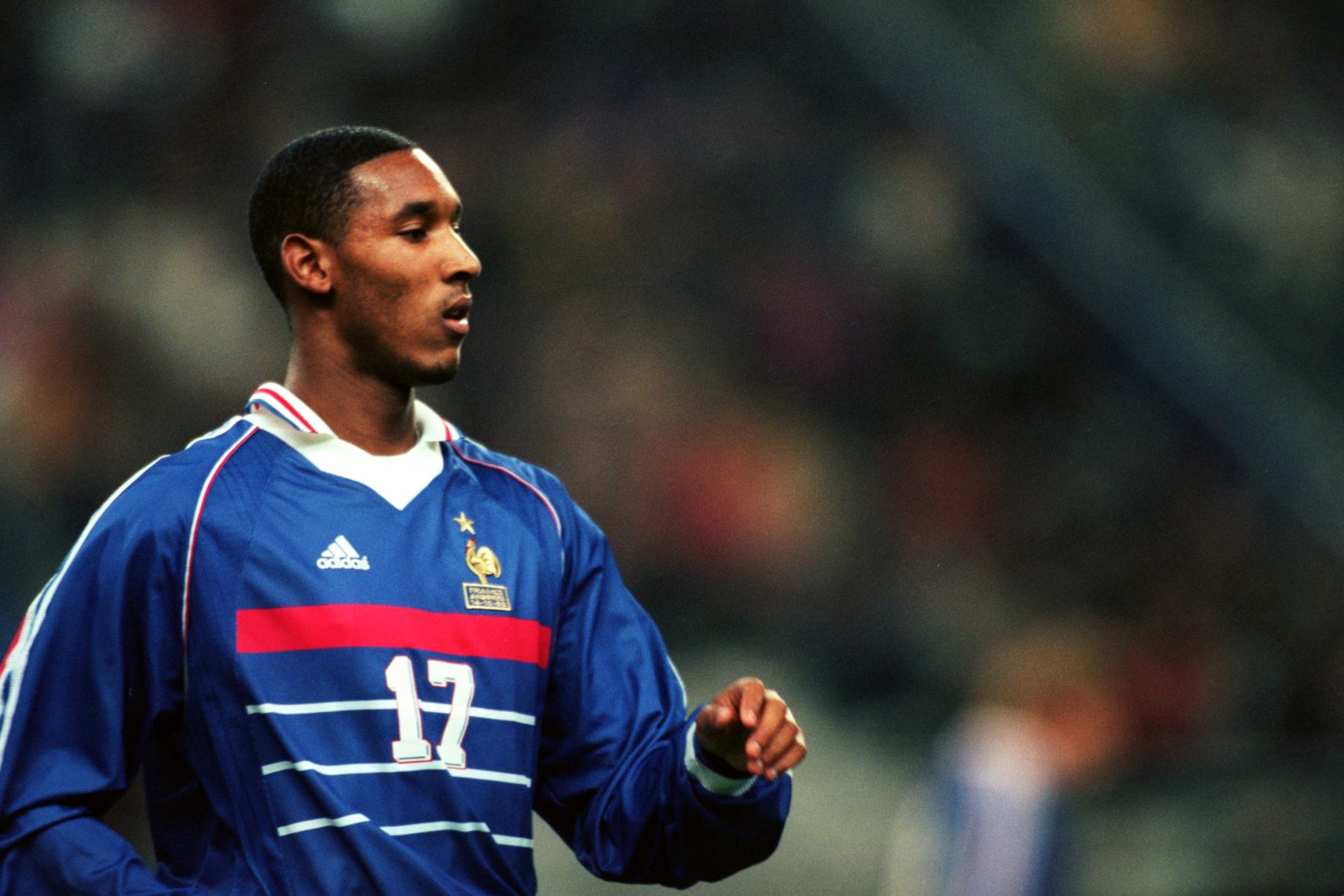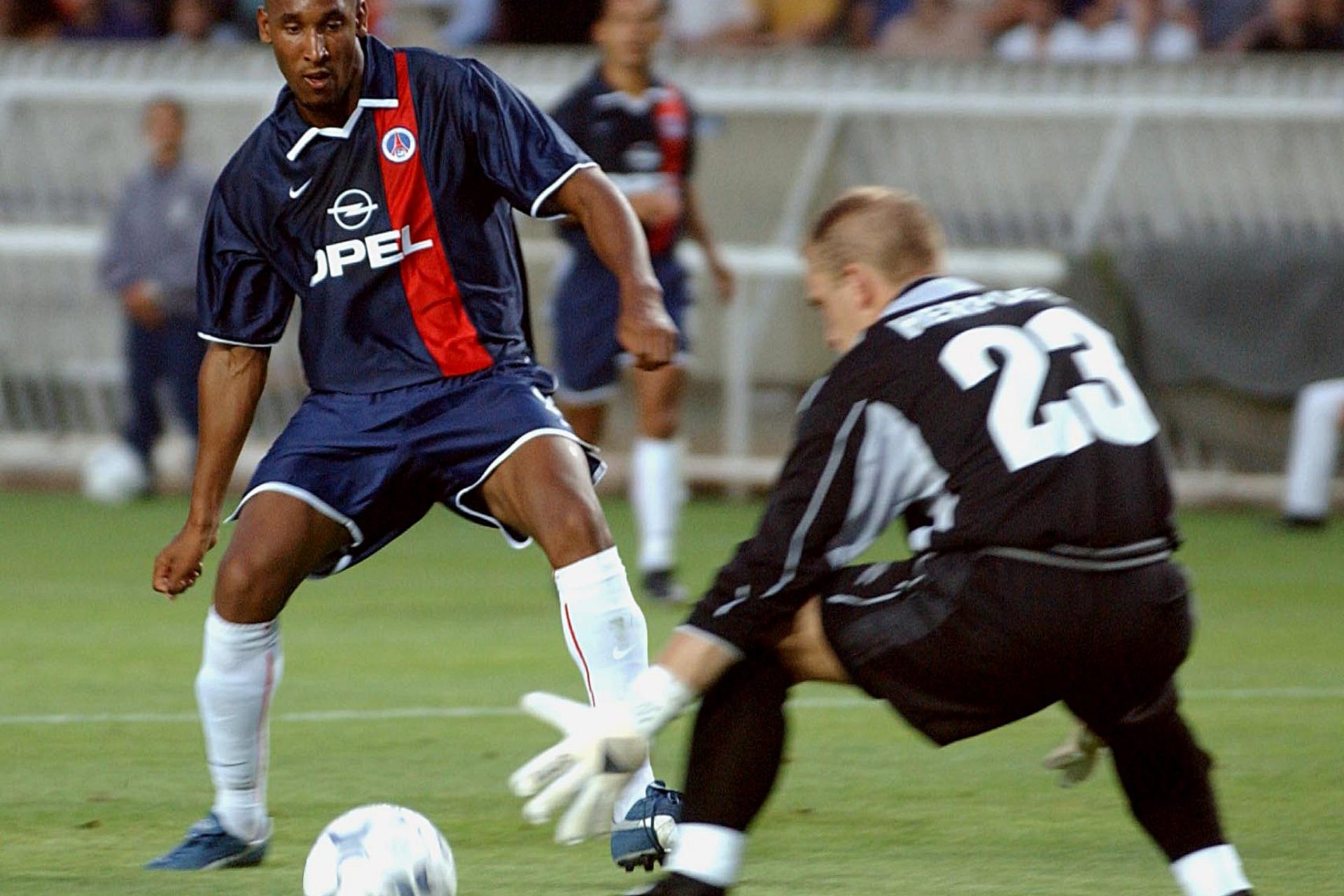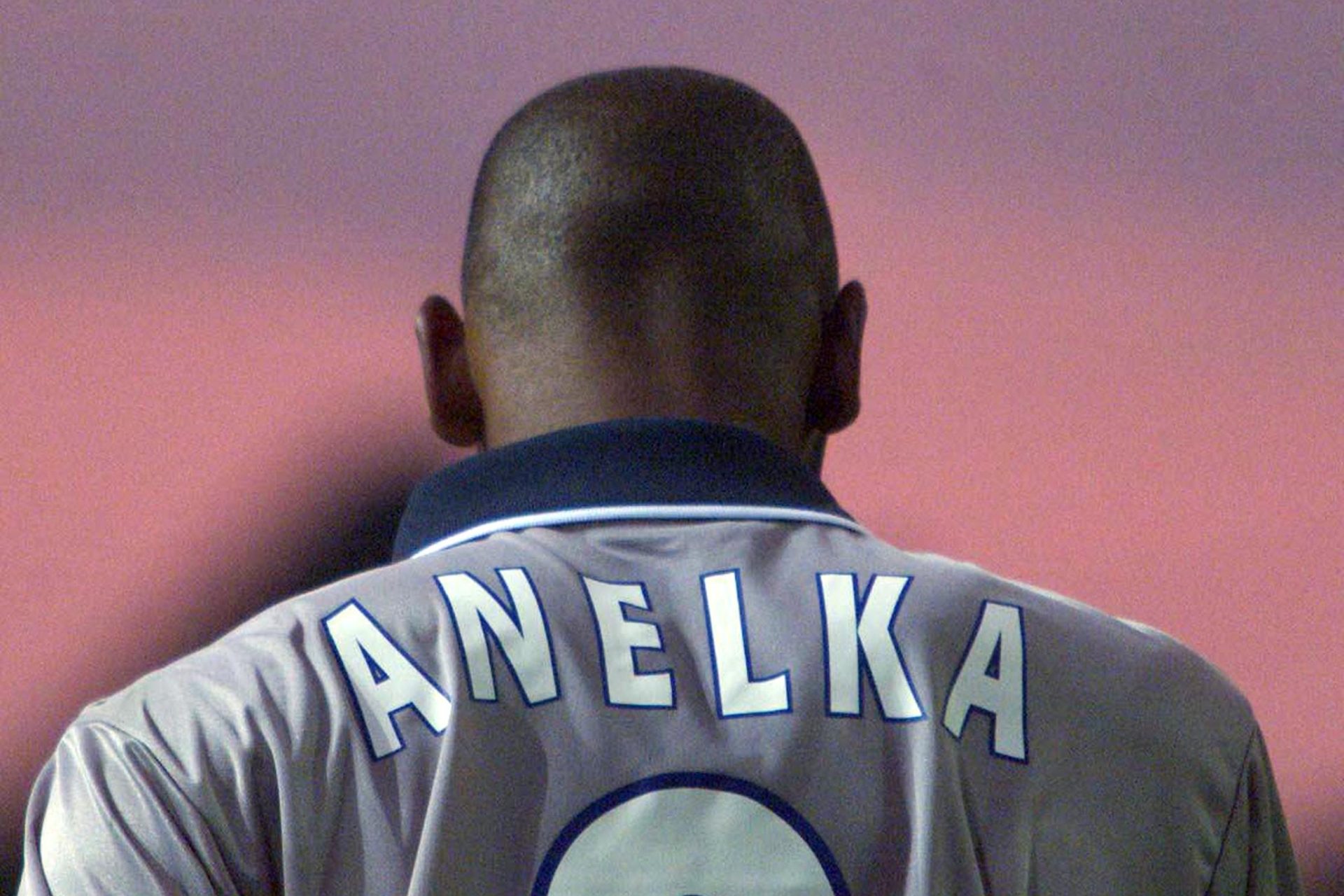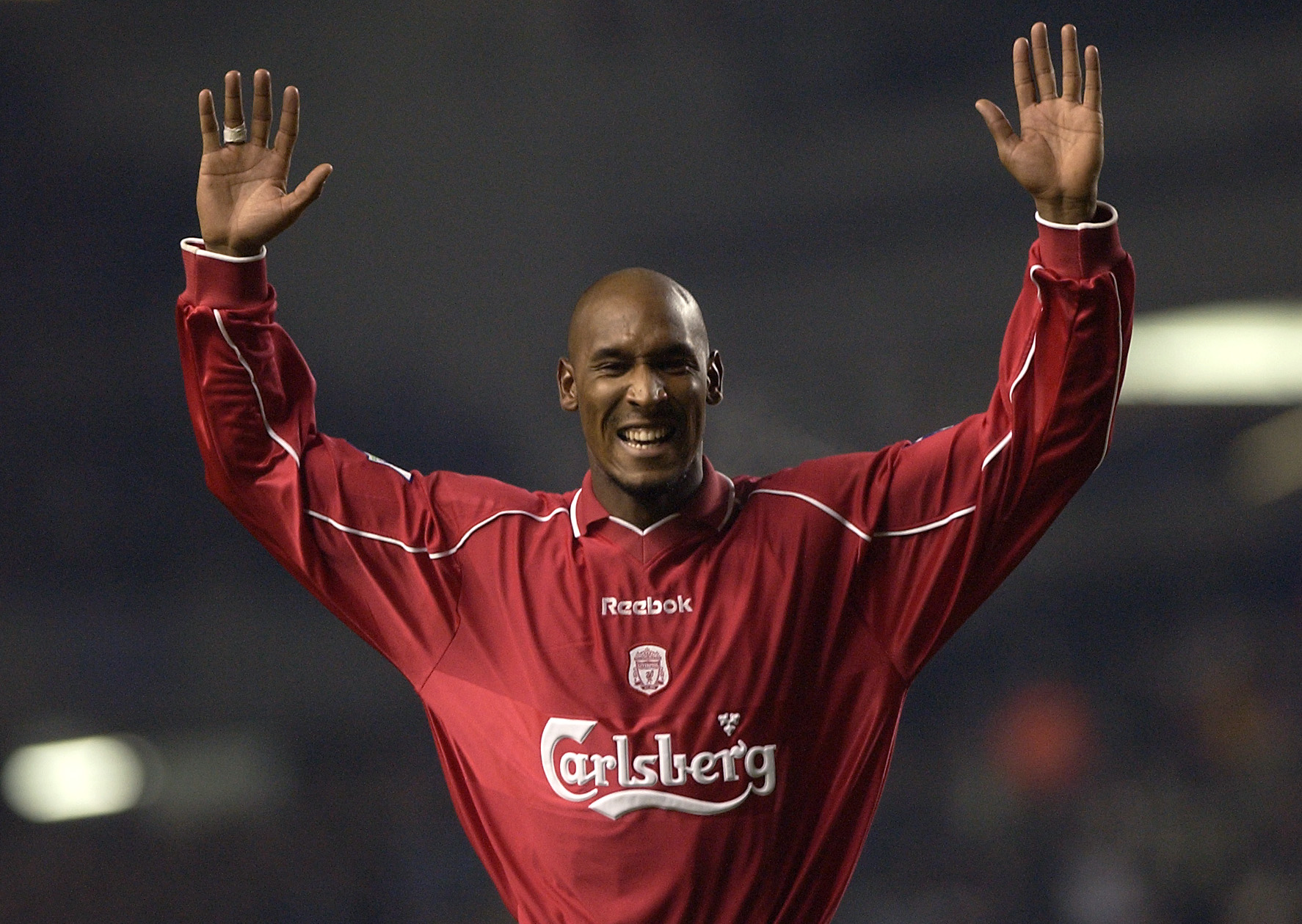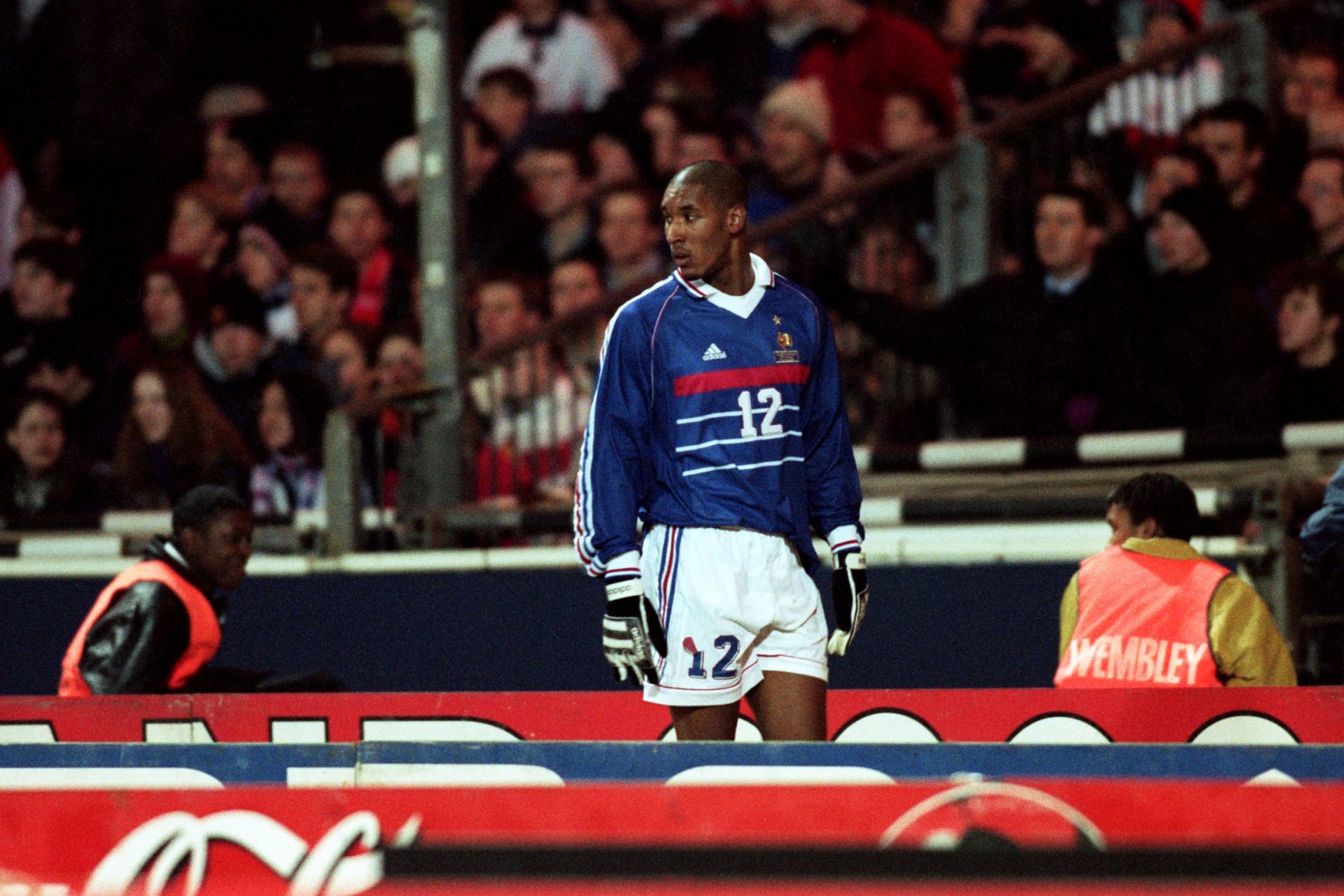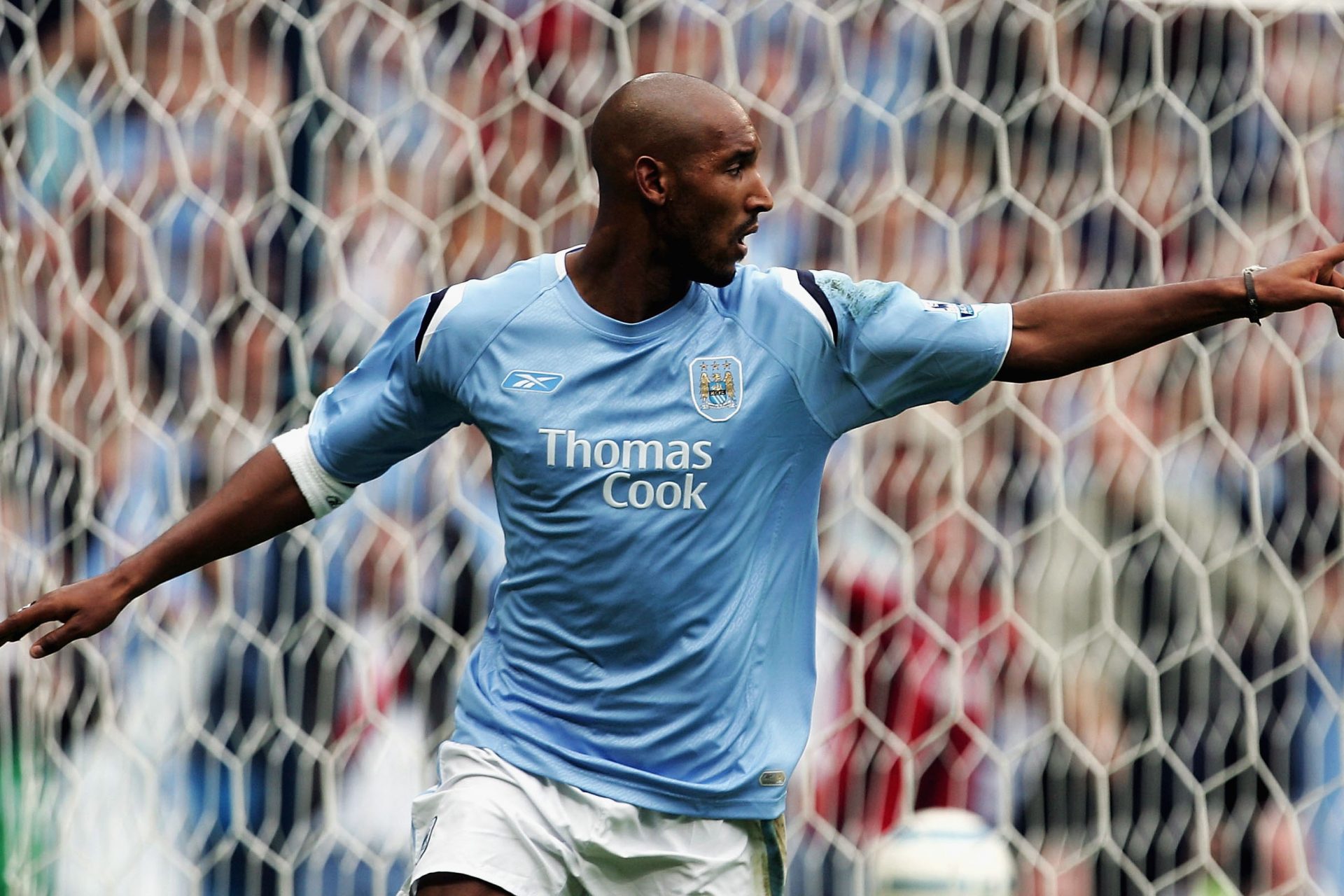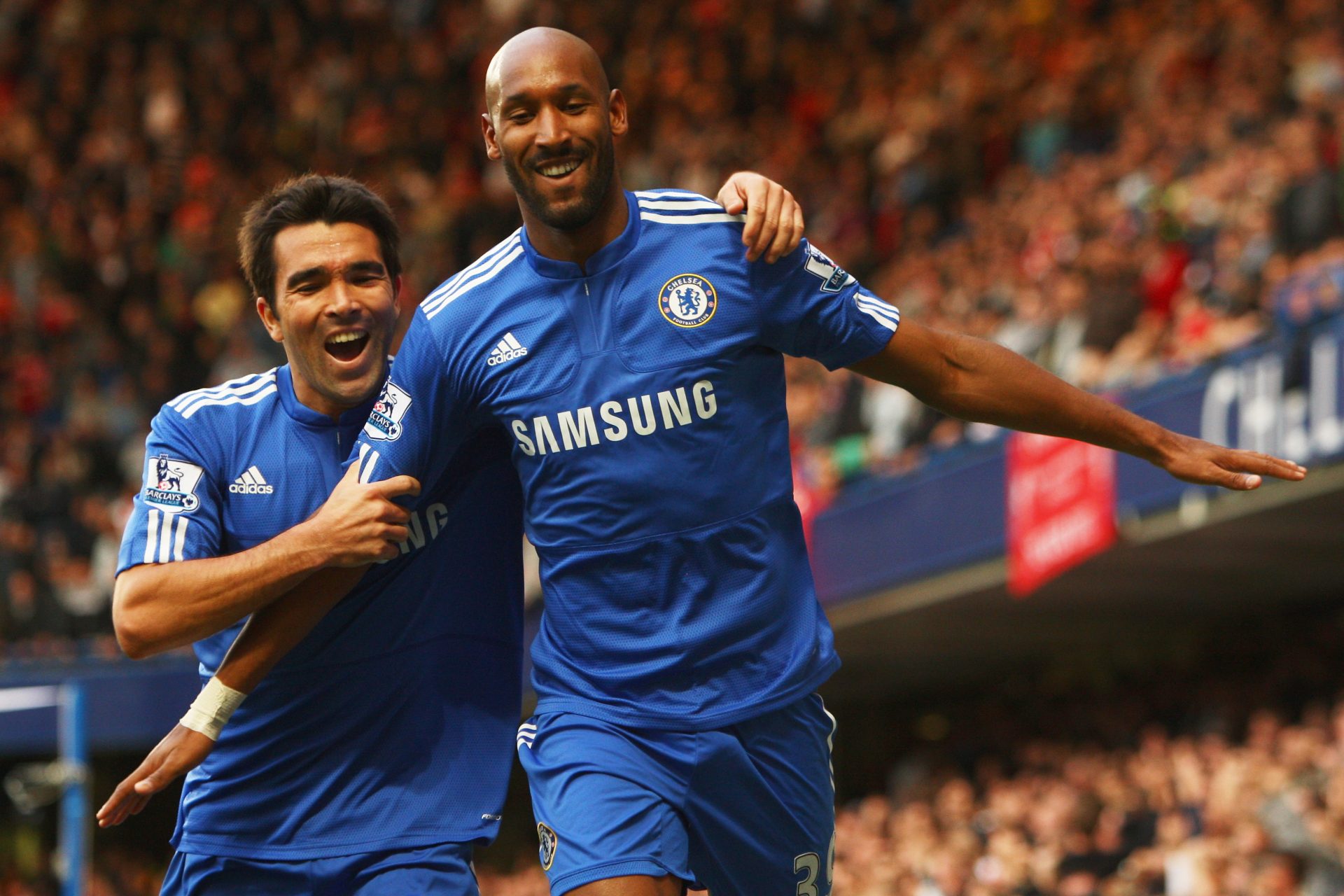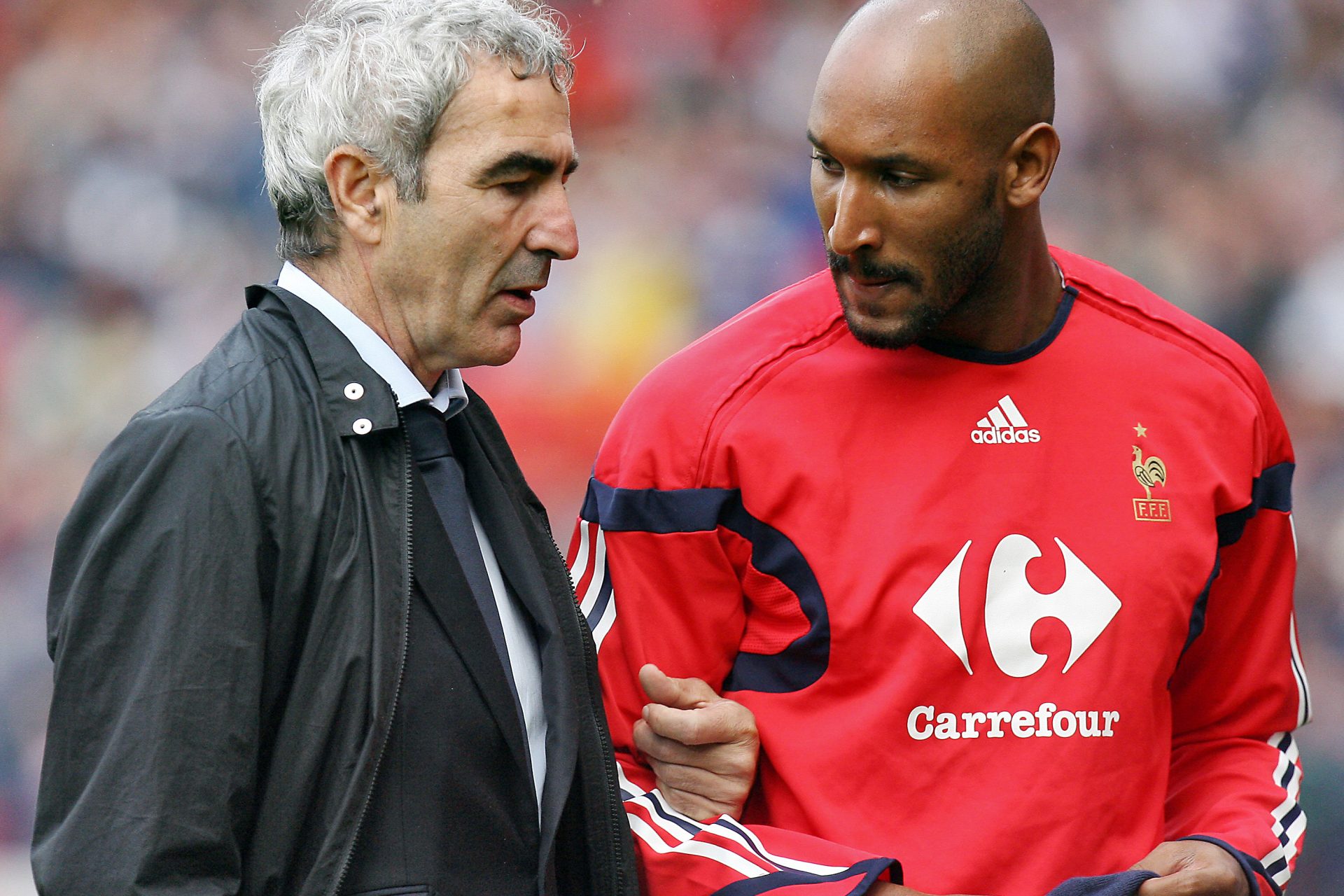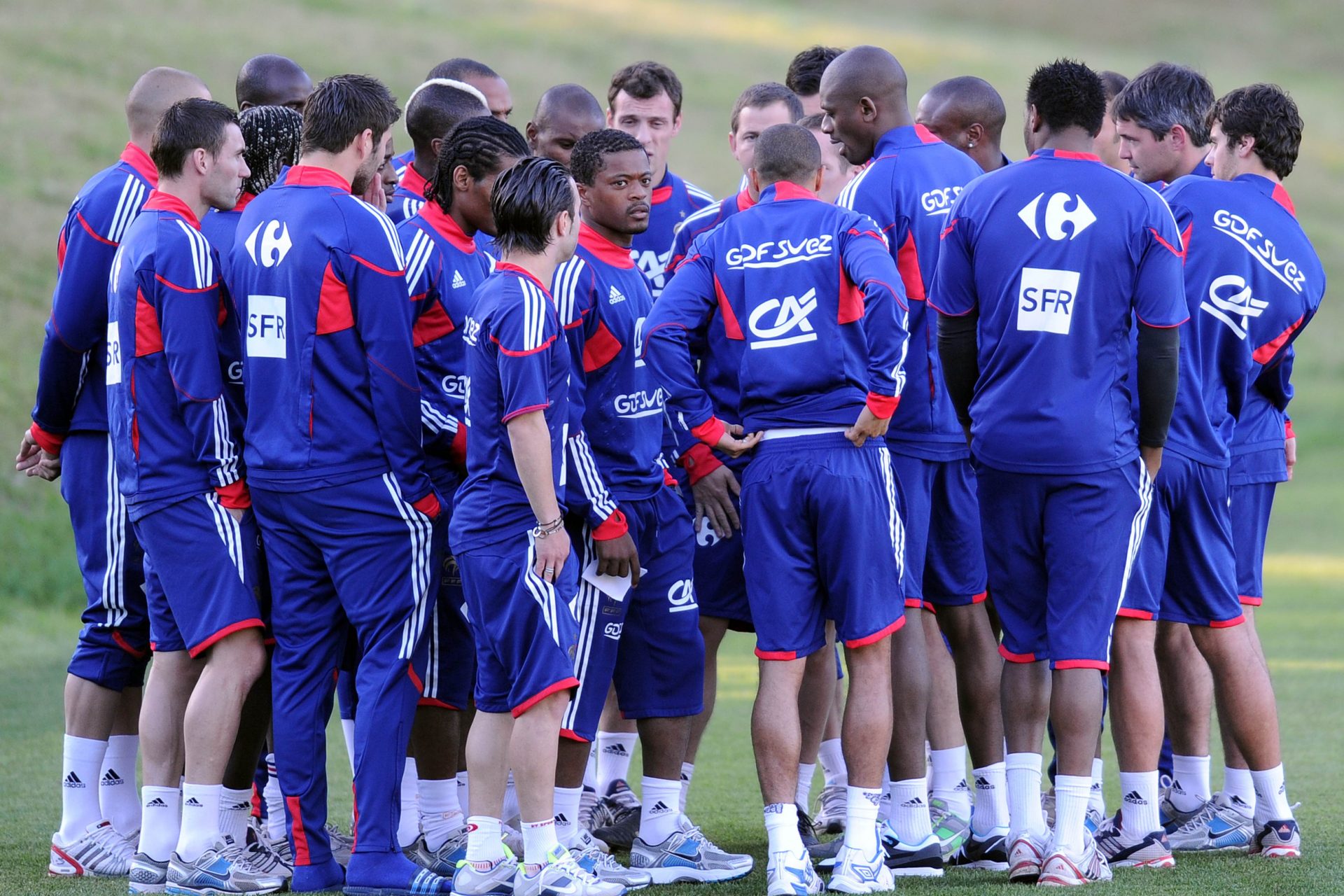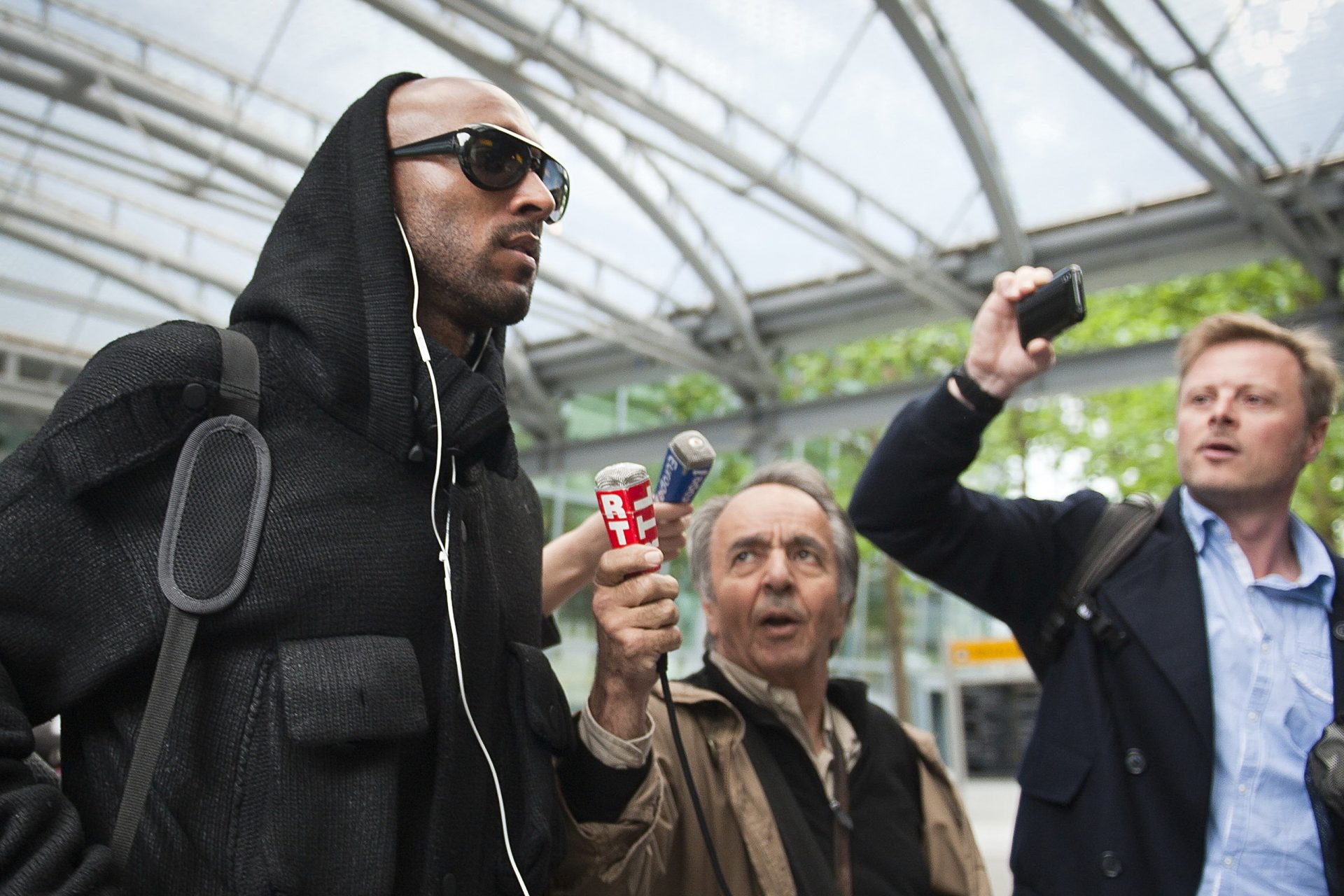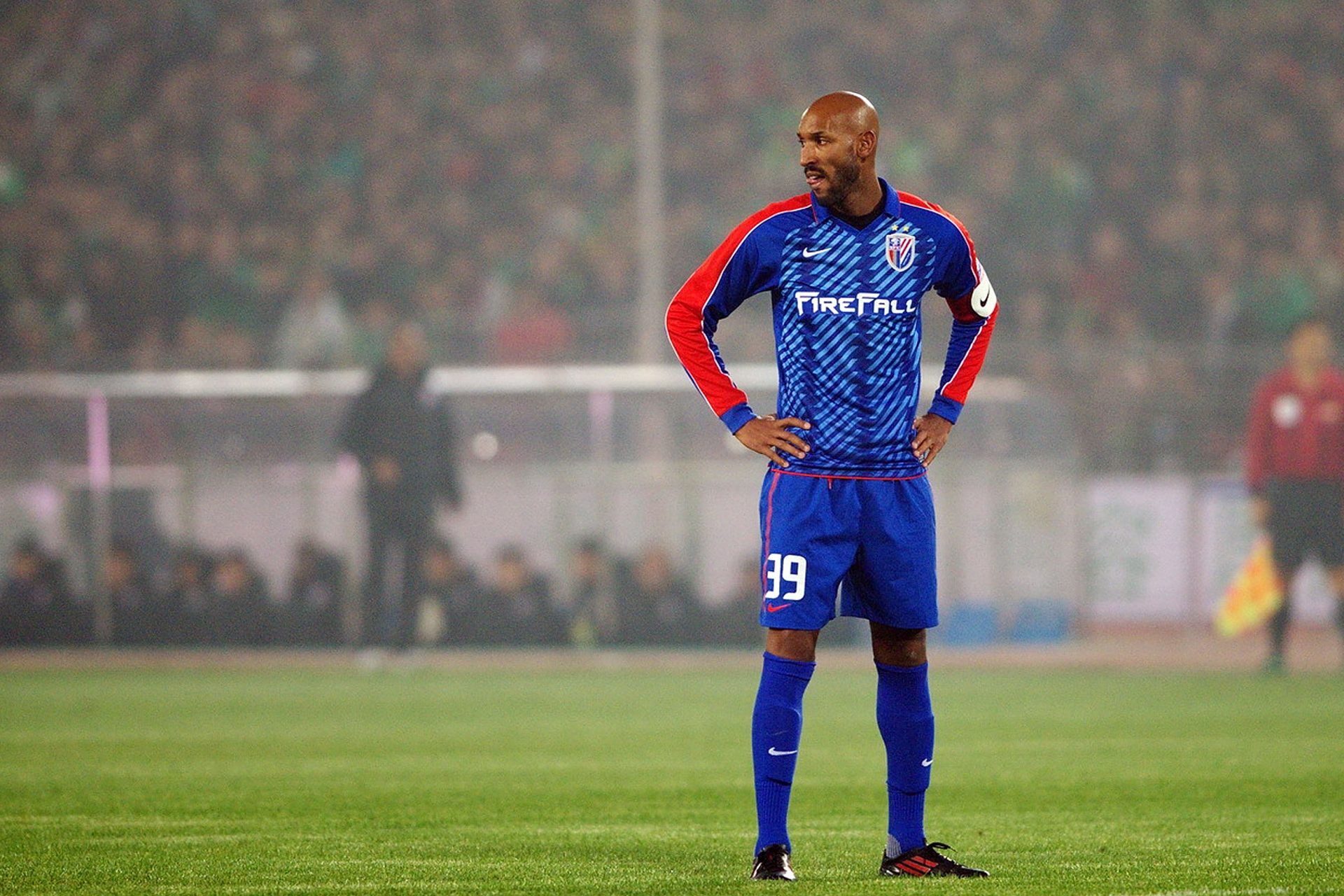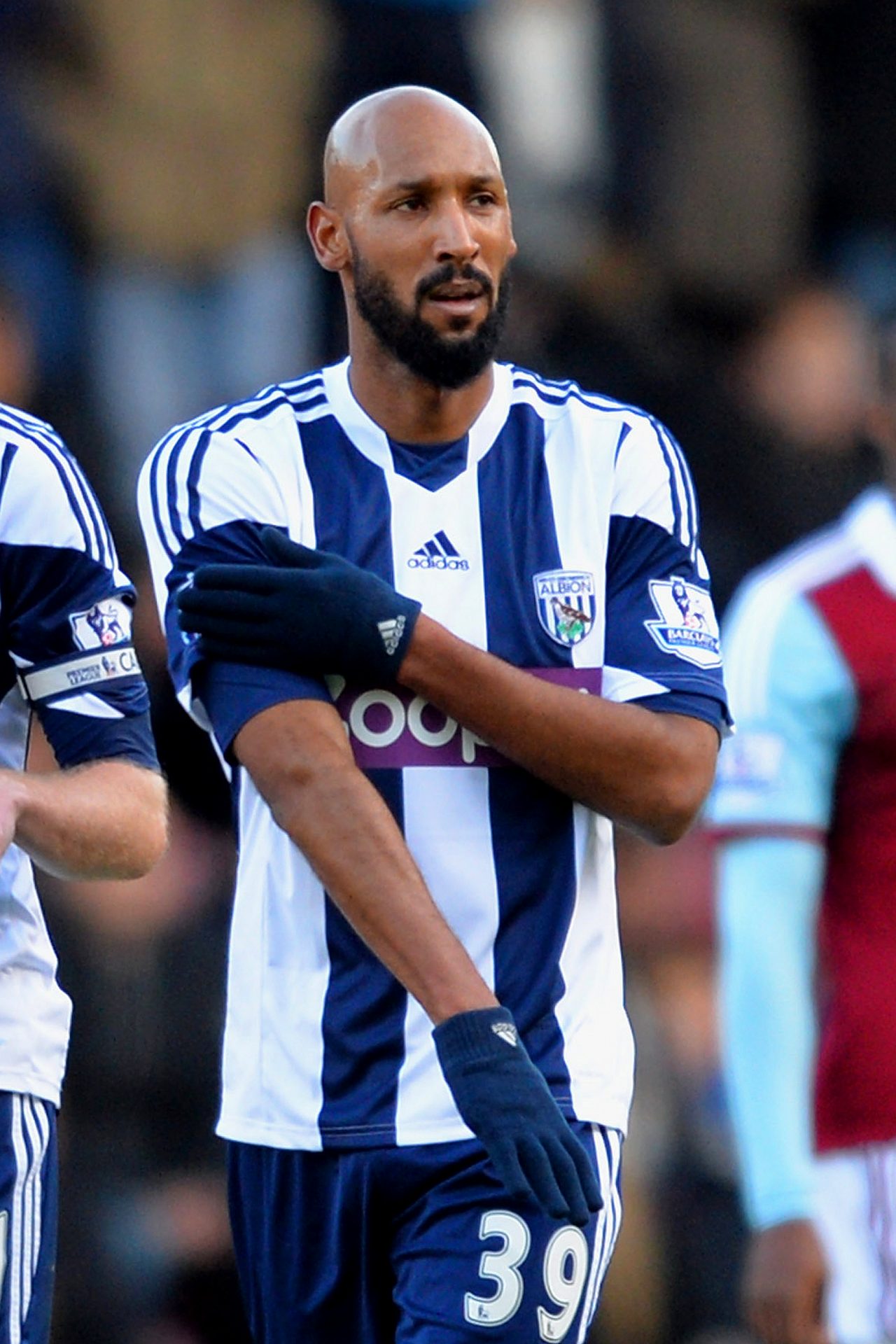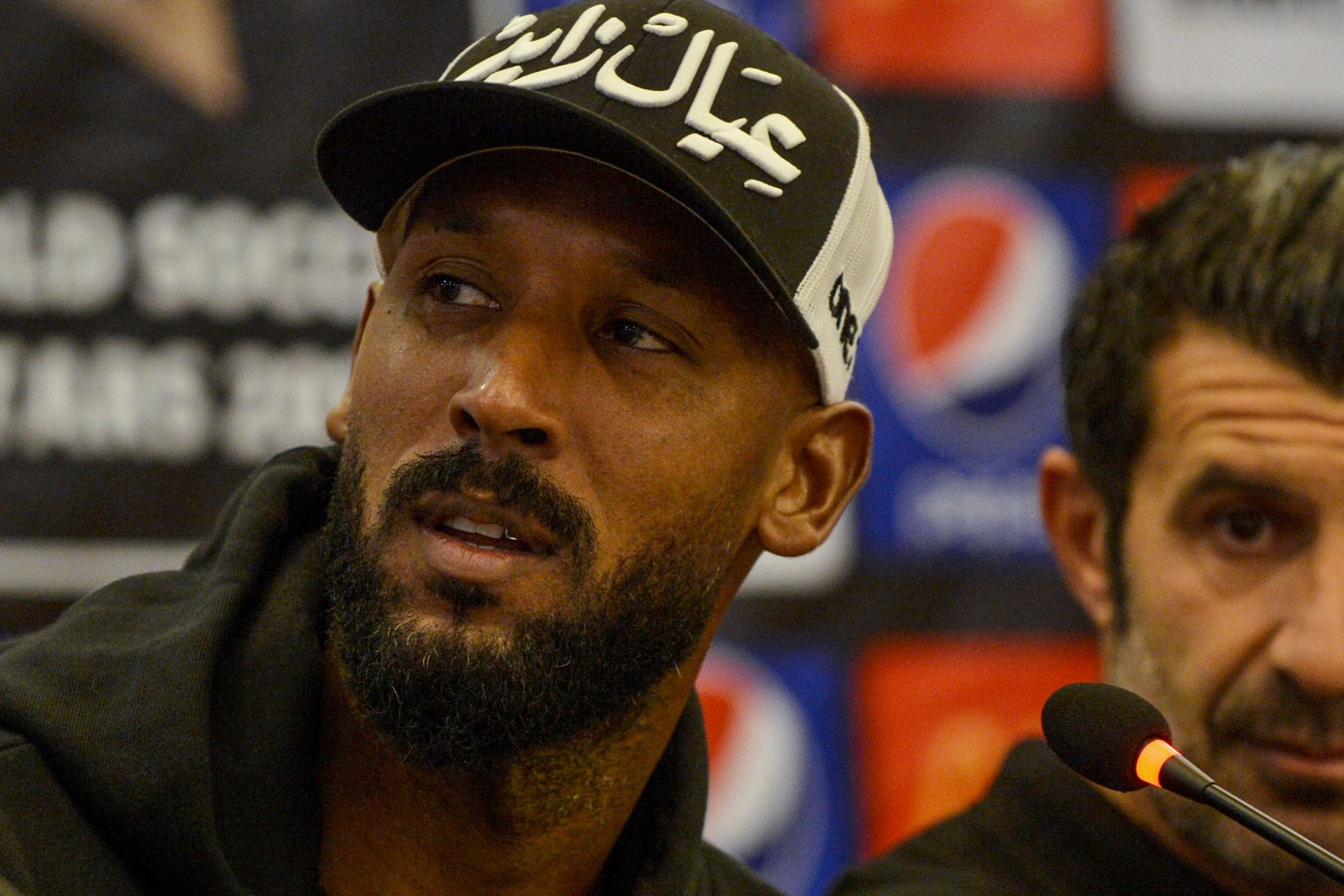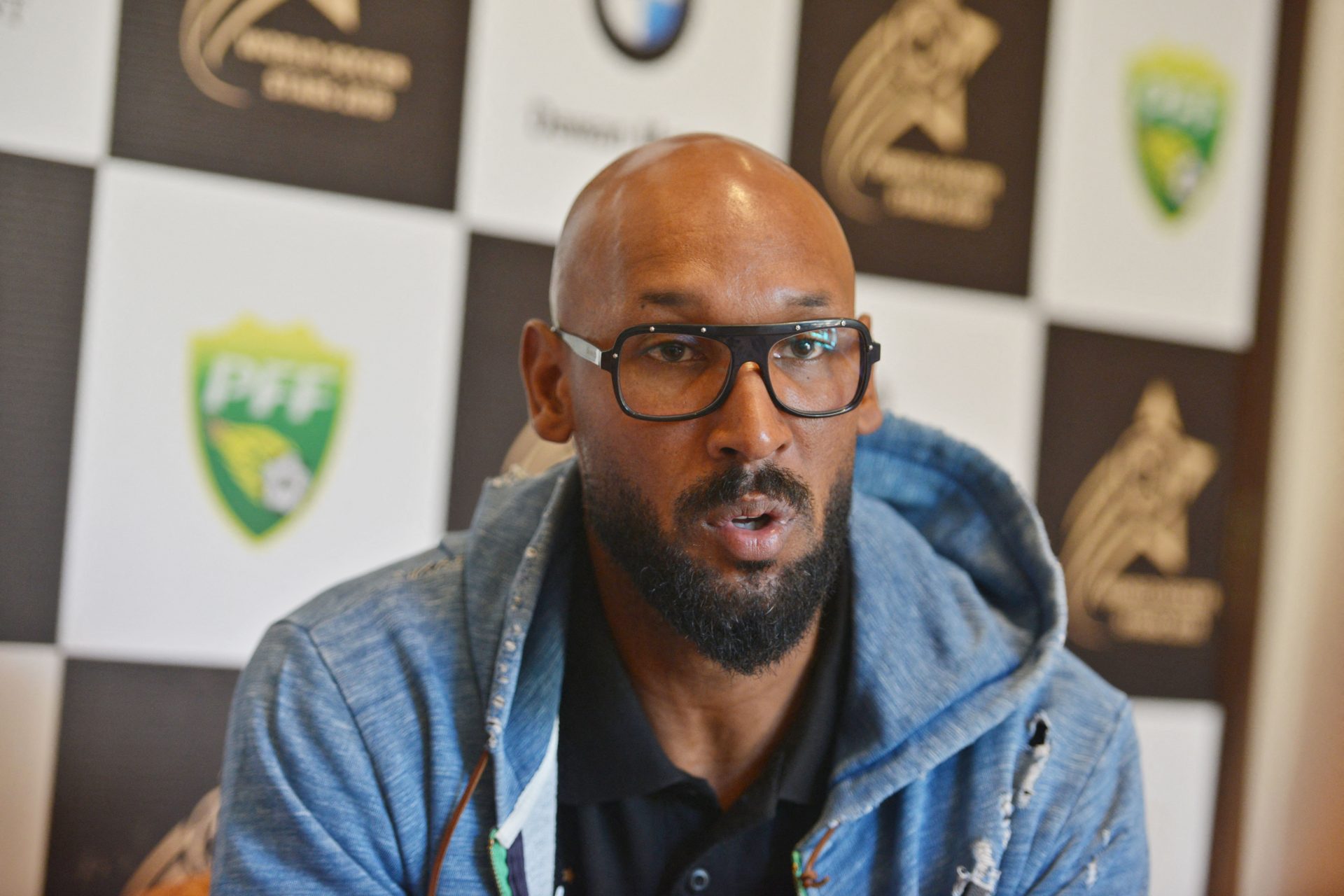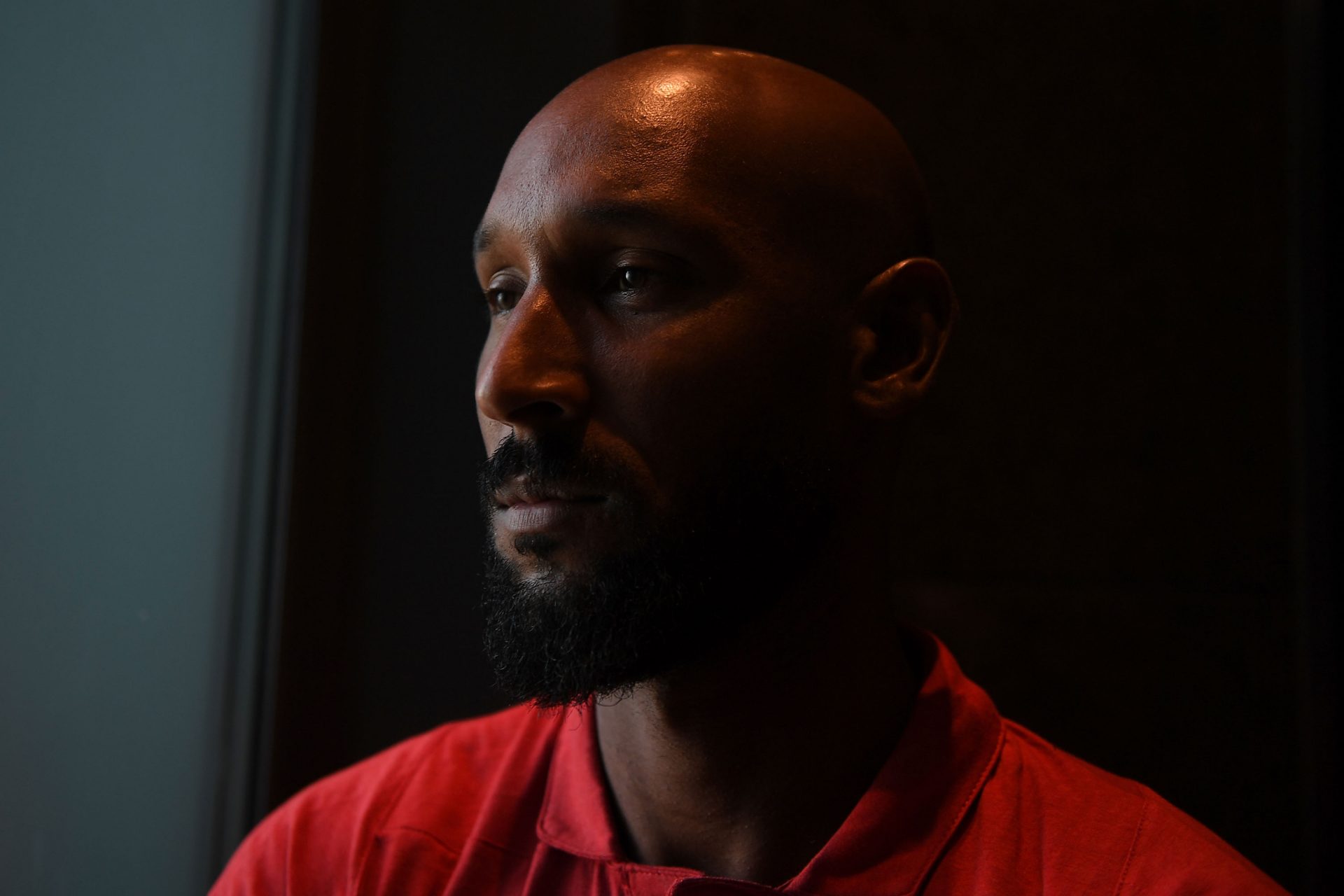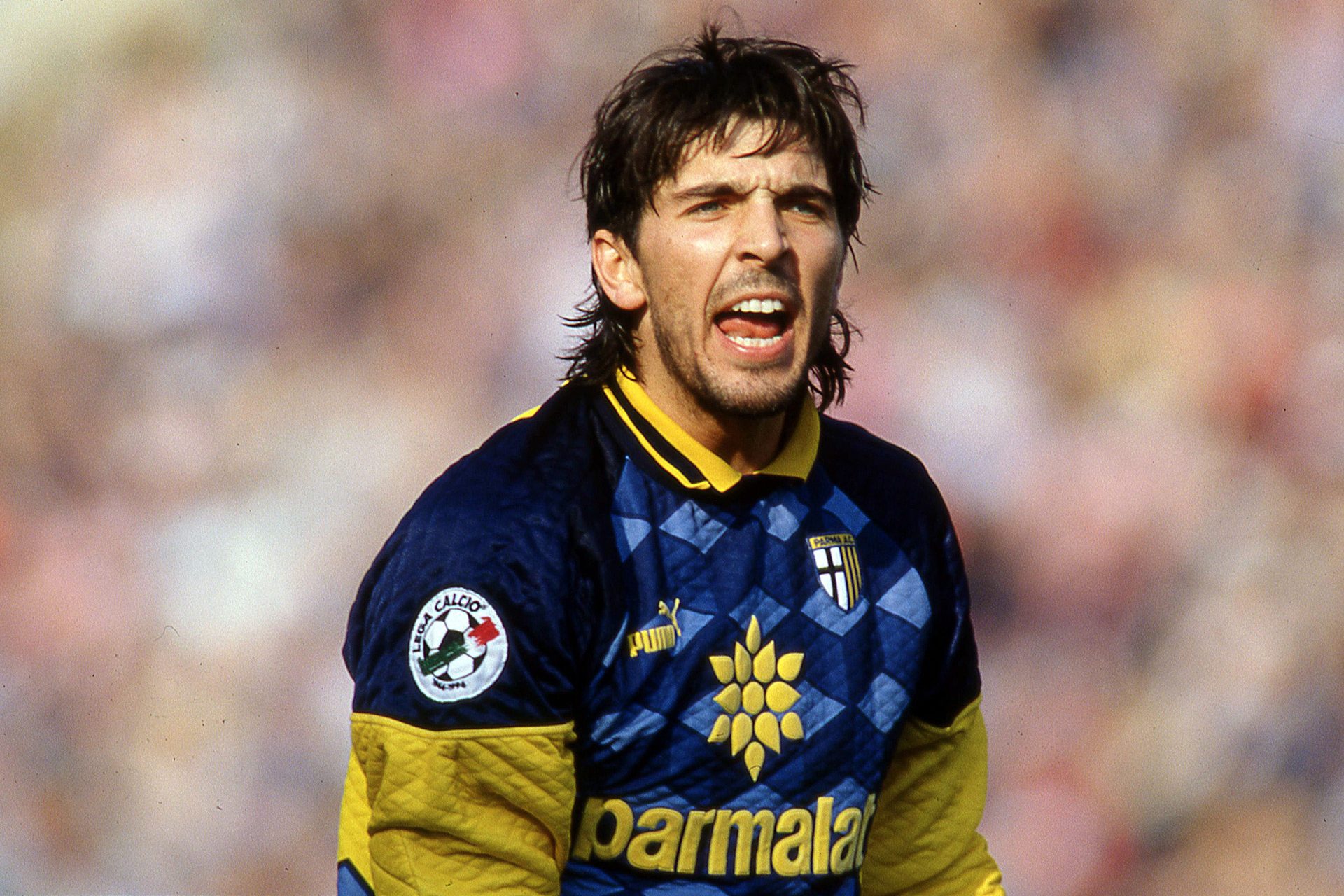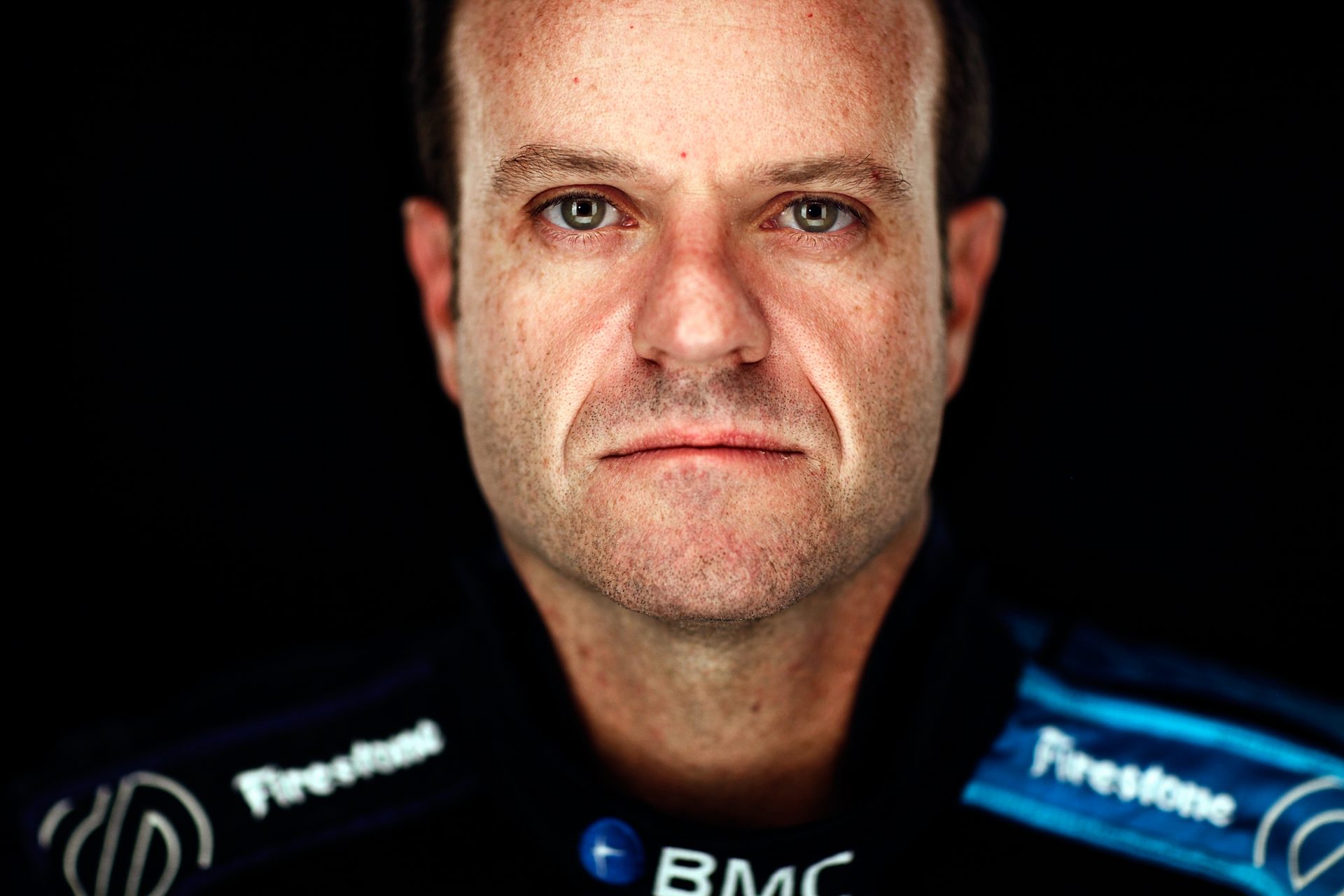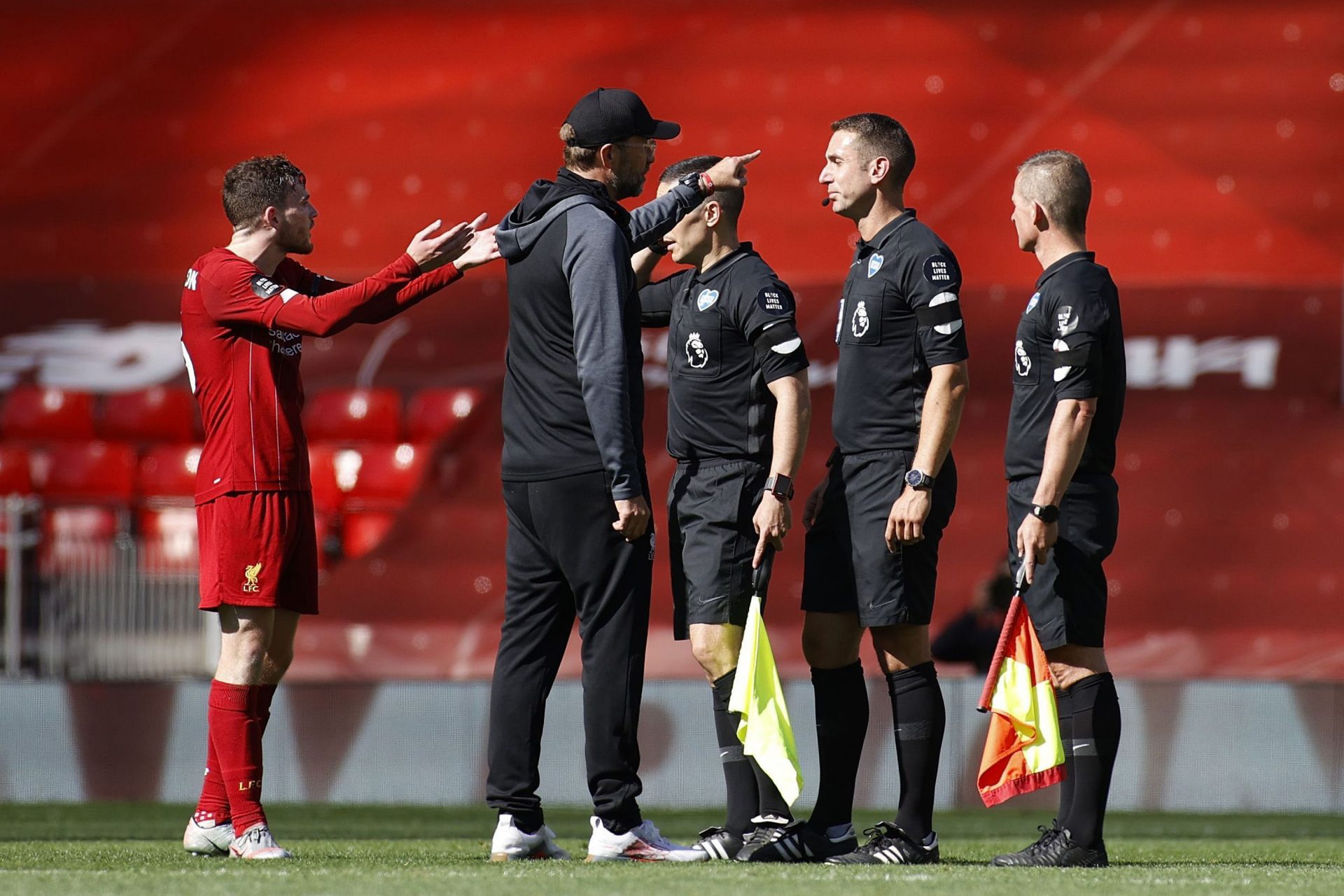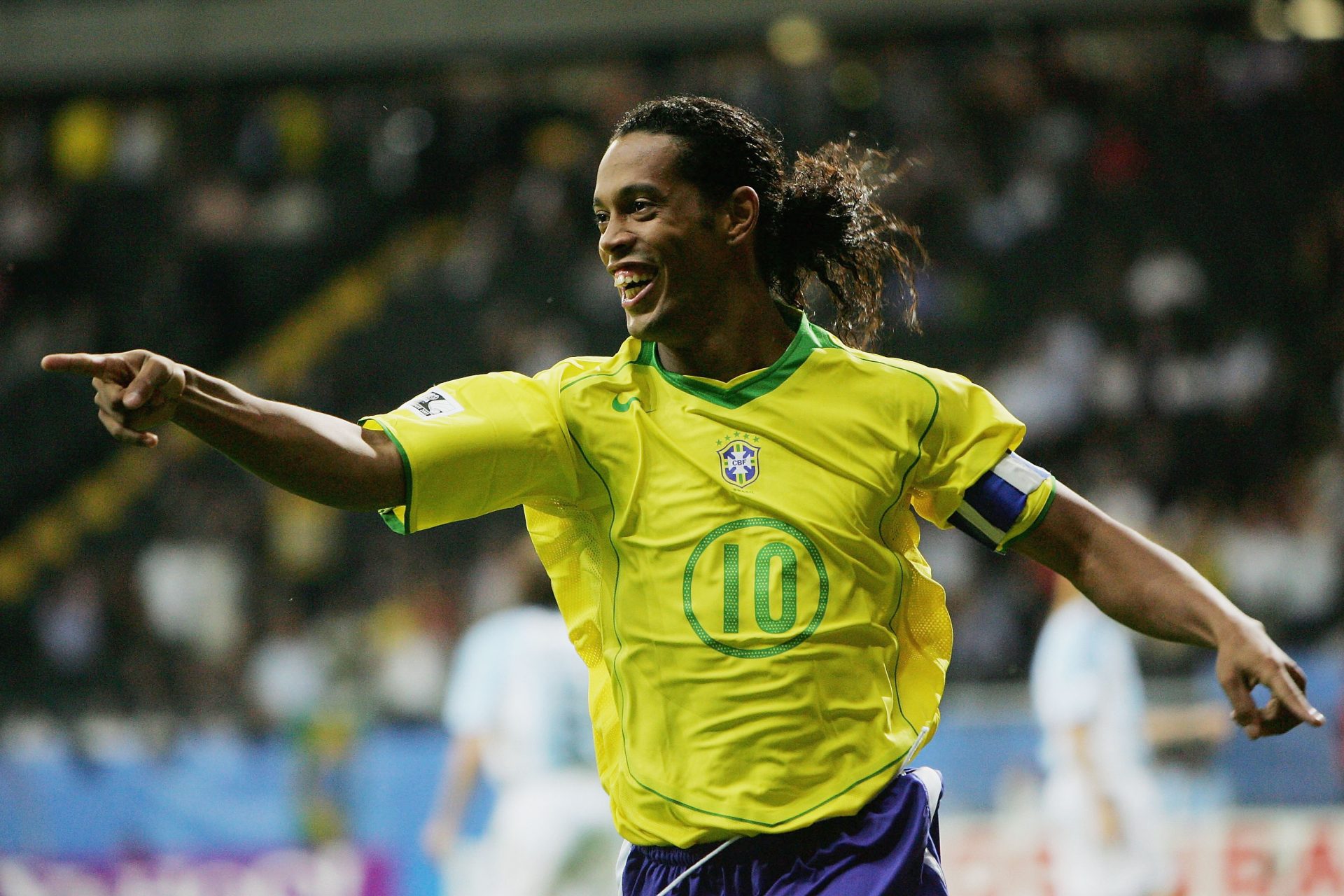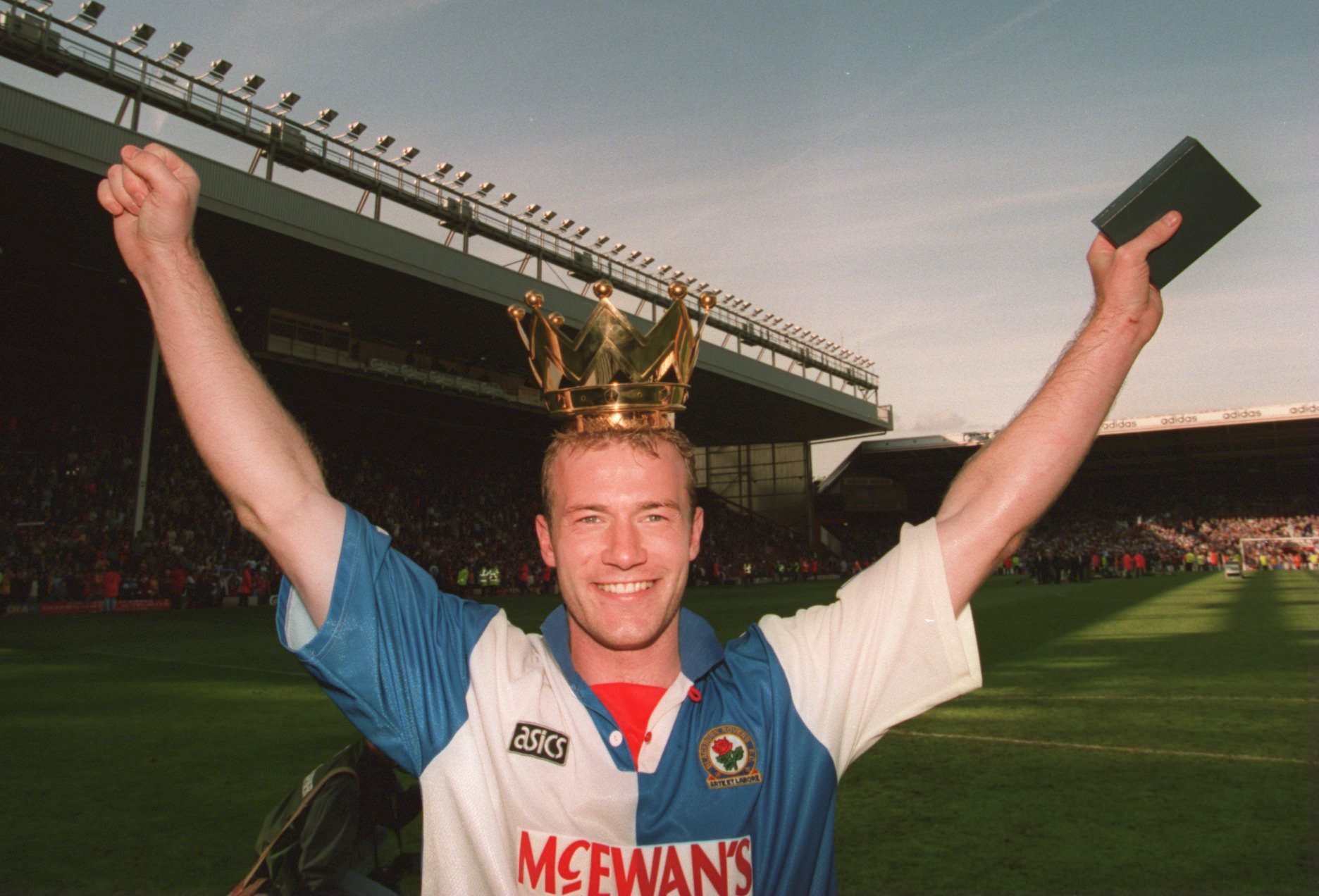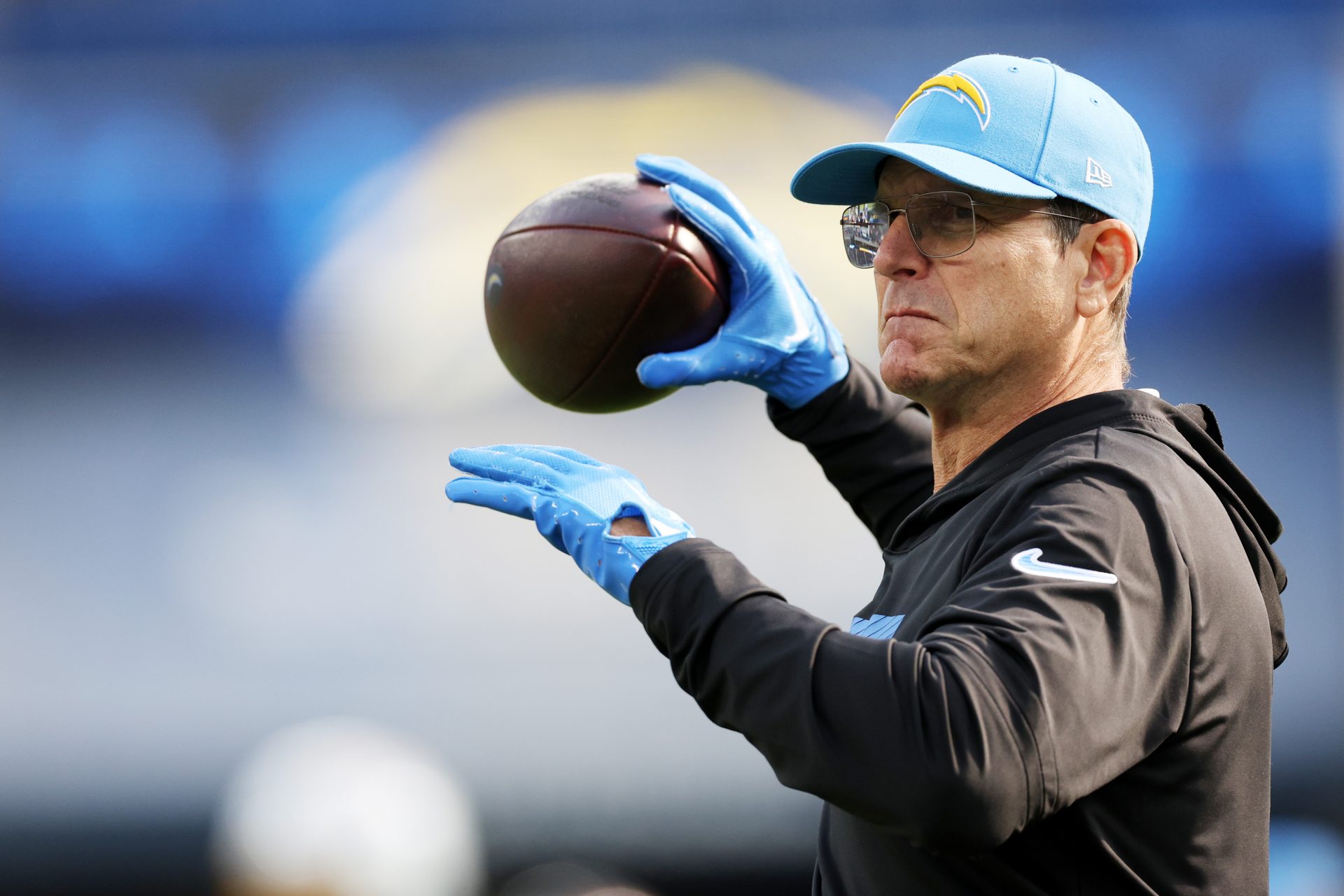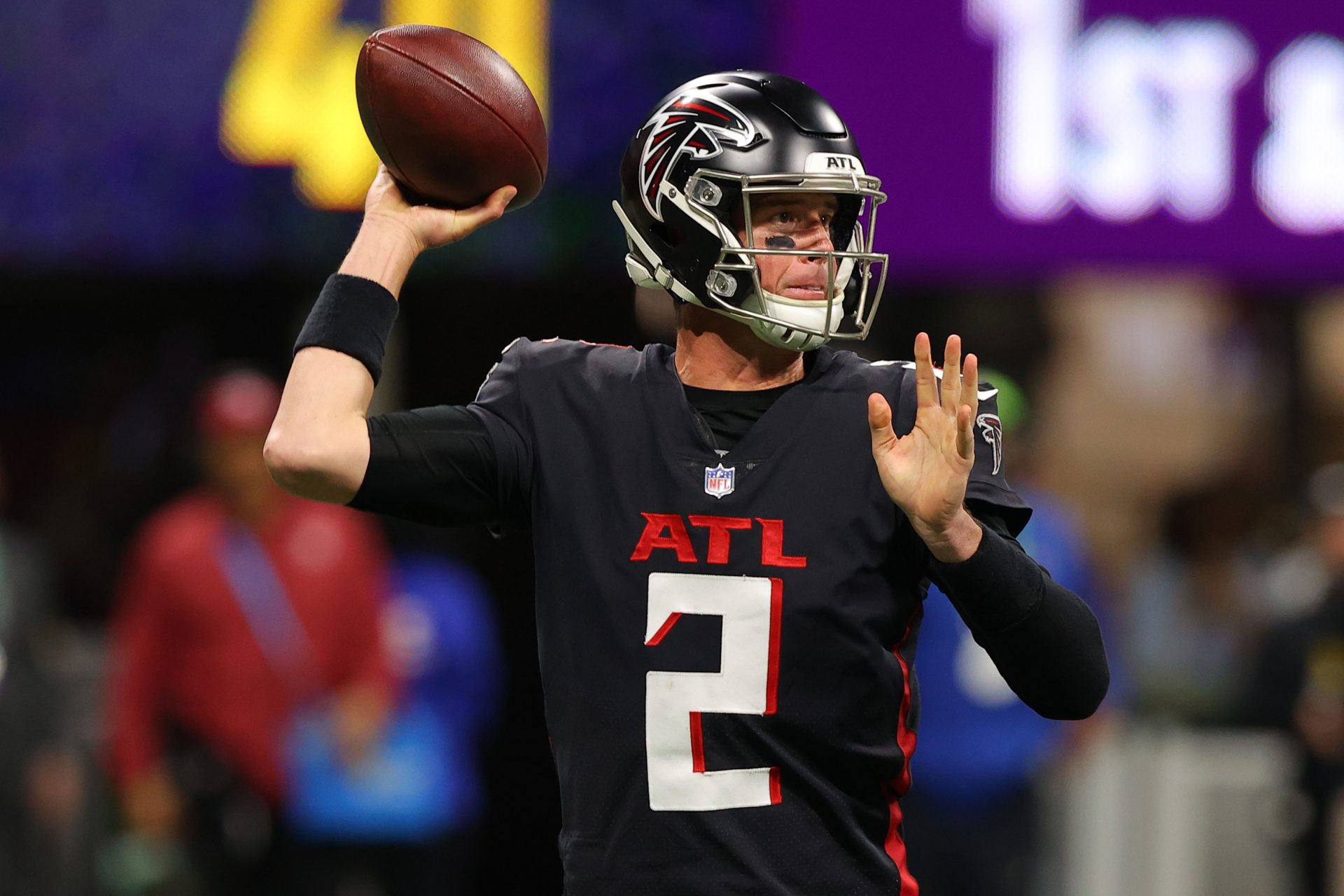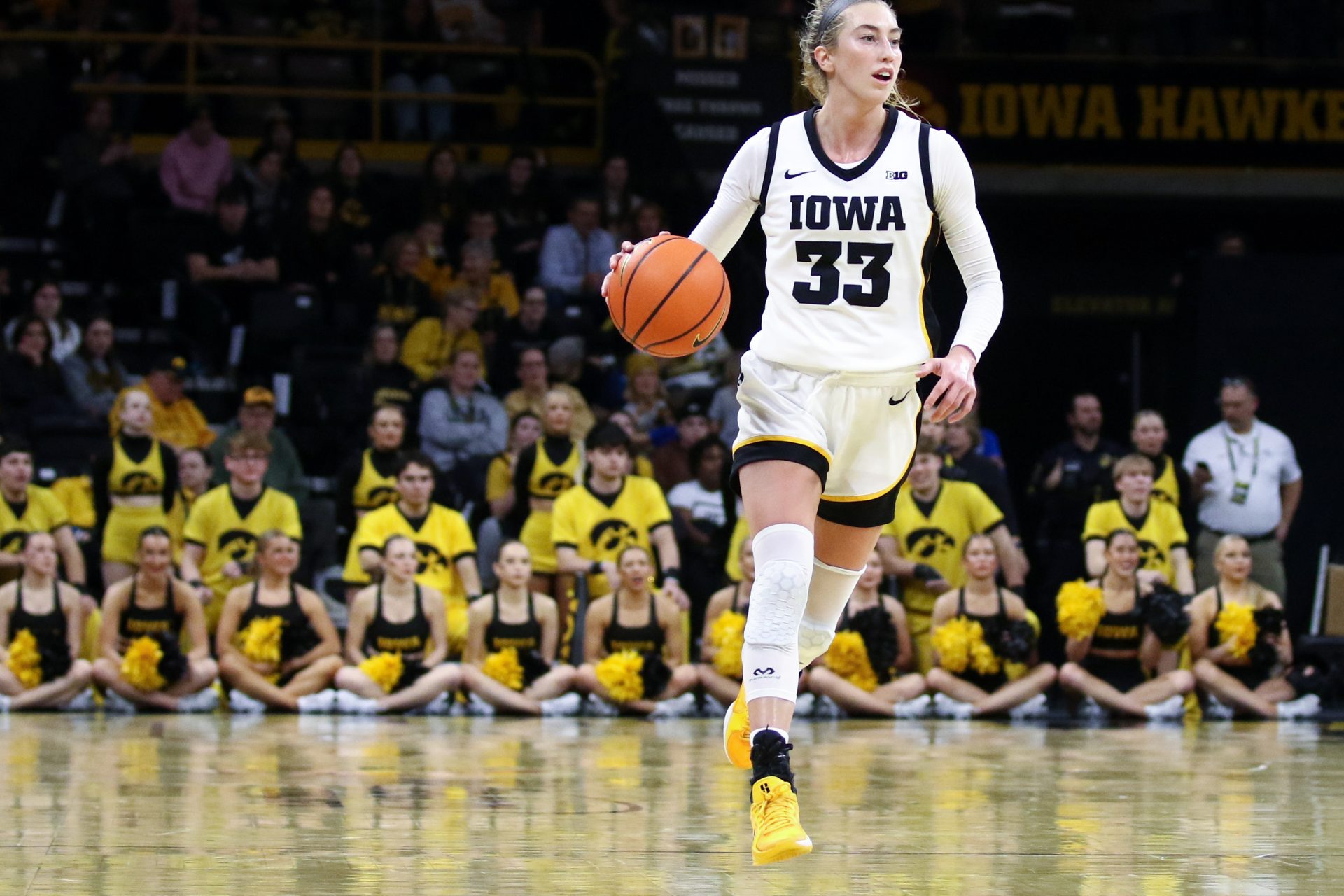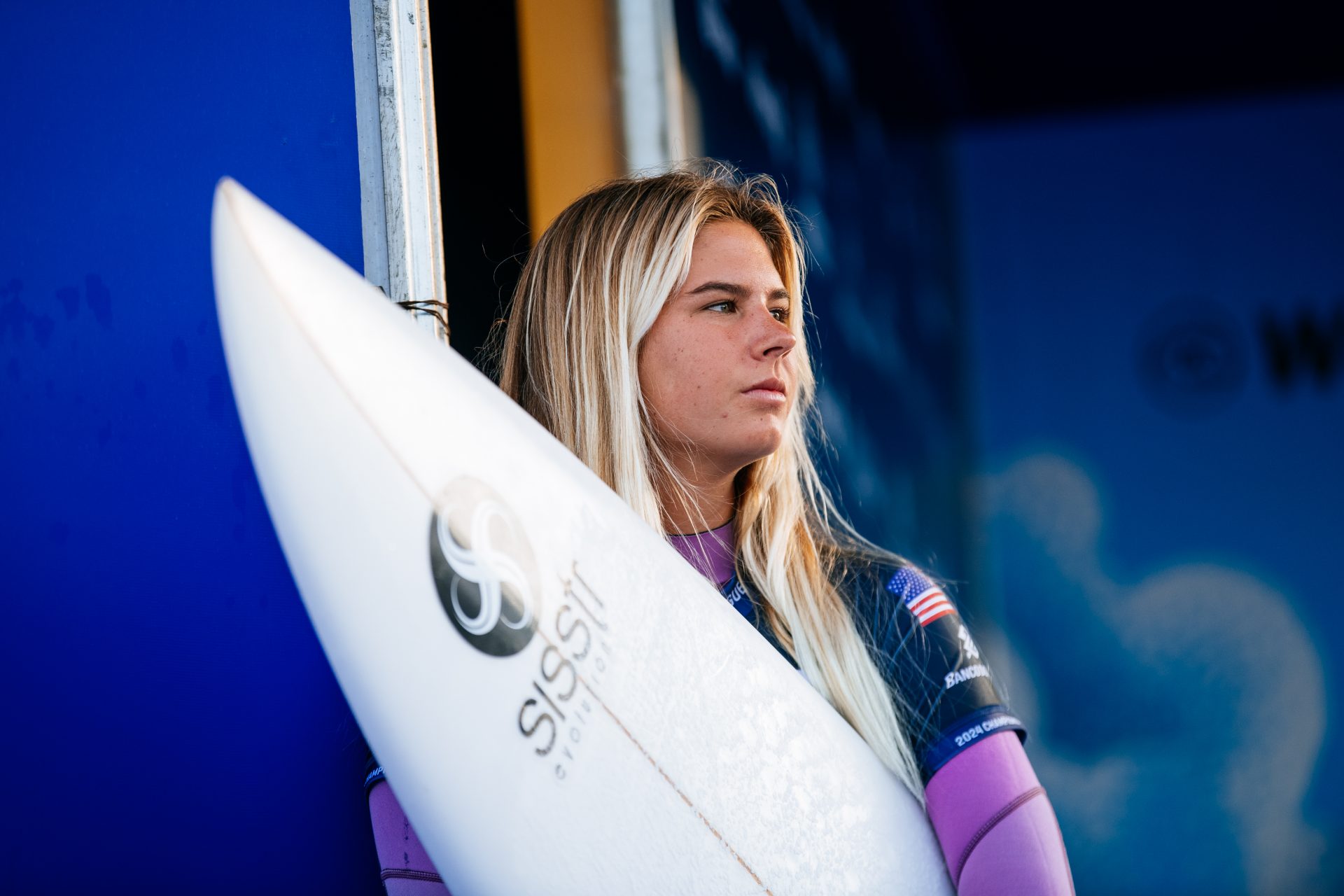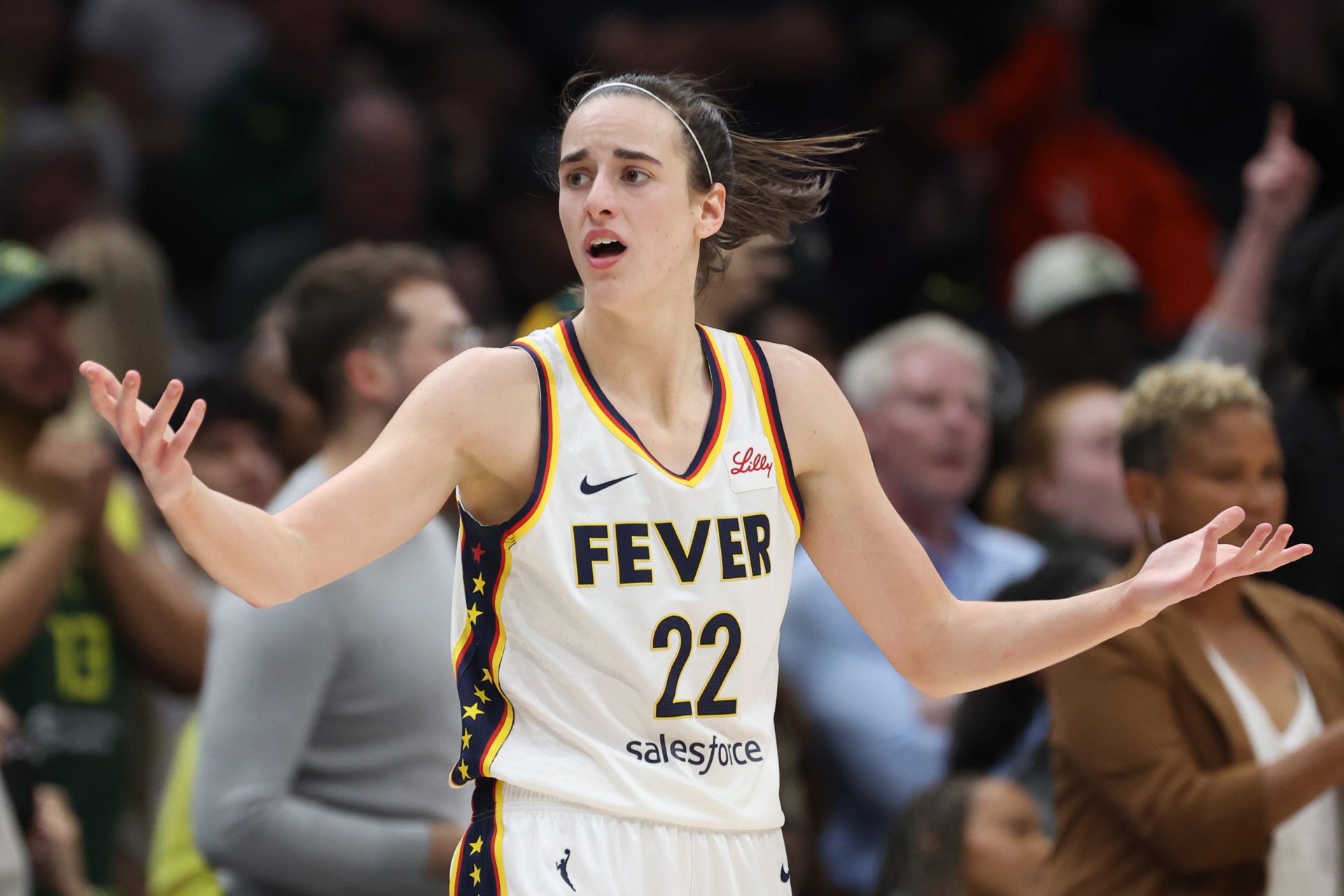What happened to Nicolas Anelka, the "bad boy" of French football?
Nicolas Anelka was a prodigious talent, winning trophies at almost every stop along his storied career. At the same time, Anelka developed a reputation for being a "bad boy".
Throughout Anelka's career, the striker could not stay out of the headlines, sometimes due to his incredible on-pitch performances, but often for more controversial reasons.
So much so that, in the eyes of the public, Anelka is less of a footballer than the man who insulted his coach, Raymond Domenech, during the 2010 World Cup.
Want to see more like this? Follow us here for daily sports news, profiles and analysis!
On the pitch, however, the Frenchman was a fearsome striker, capable of turning any game on its head. With spells at Chelsea, PSG and Real Madrid, we take a look back at the career of the controversial prodigy.
Born on 14 March 1979 in Trappes, Anelka began playing football at the age of seven with his local club. He stayed there until he was 13, before moving to France's national football center INF Clairefontaine.
He was quickly spotted by several French clubs, including PSG, who recruited him during his formative years at Clairefontaine in 1993, aged 14. He played for the club's reserve team before making his professional debut on 7 February 1996 against Monaco, aged just 16.
After only 12 games with PSG, the young player demanded more playing time but, faced with the reluctance of the Parisian directors, decided not to come to training and to negotiate with Arsenal. The Parisians had no choice but to let their youngster leave the club during the winter transfer window if they wanted to collect a transfer fee.
In 1997, at the age of 17, he joined the Gunners for five million French francs, which is around 760,000 euros. After playing just four games in his first season, Anelka took advantage of Ian Wright's injury to establish himself in Arsène Wenger's squad. In 1998/99, he scored 17 goals and was voted the best young player of the season in the Premier League.
However, the 20-year-old was looking for a new challenge. After turning down offers from Juventus and Lazio, he finally signed for Real Madrid for 34 million euros. After just three months, however, relations with the club's directors became strained, and he was dismissed because he was already demanding more playing time and refusing to train.
The young player eventually apologized in Spanish at the end of the season and found his way back into the squad. He scored in the first and second legs of the Champions League semi-finals against Bayern Munich and started in the final against Valencia (3-0 victory). It was his first (and only) Champions League win.
In the wake of this title, he won Euro 2000 with France, but failed to score a single goal. His performances for the national team were increasingly disappointing, and he was not called up for the 2002 World Cup.
In the summer of 2000, PSG wanted to pull off a major coup by bringing back the young prodigy for 34 million euros. Greeted as a hero by the fans, the Frenchman started the season with a bang before gradually fading away.
Under pressure, the player broke down in January 2001 when he slapped a journalist for being rude. He later explained: "I was calmly walking past him. He grabbed my head, things got heated, and I was wrong to slap him. That's it, I take responsibility."
Want to see more like this? Follow us here for daily sports news, profiles and analysis!
His performances for PSG dropped off sharply, as did the player's reputation. He went on loan to Liverpool in January 2002, scoring five goals in six months before joining Manchester City in the summer of 2002.
Called up in 2003 to make up for Sidney Govou's absence from the French national team, Anelka refused Jacques Santini's call-up, retorting: "Let him kneel before me, apologize first, and then I'll think (about a return to the national team)".
Manchester City had just been promoted to the Premier League in 2002, and Anelka was the star of the team and went on to score 45 goals in three seasons. In 2005, he joined Fenerbahçe for one season before returning to the Premier League with Bolton.
In 2008, after two good seasons with Bolton, he joined Chelsea. Taking advantage of Didier Drogba's absence, he became a regular in the 2008/09 season, finishing as the league's top scorer with 19 goals.
In 2010, he was called up for the World Cup in South Africa by Raymond Domenech. On June 17, 2010, during half-time of the France-Mexico match, the coach criticized his positioning on the pitch and Anelka insulted the coach. He was substituted and excluded from the tournament.
The other players were not happy about this and decided to go on strike in front of the whole world. It was an absurd and totally ridiculous scene that will live on as the most humiliating moment in French football.
After that, Anelka was hated by French fans, and he didn't get any better on 17 August 2010 when he declared that he was "laughing his head off" following his 18-match suspension by the French Football Federation.
In 2012, Anelka signed for Chinese club Shanghai Shenhua. He scored just three goals before being transferred to Juventus and then West Bromwich within just one year.
With the English club, he celebrated one of his goals by making a "quenelle", a gesture associated with French comedian Dieudonné M'bala M'bala and considered anti-Semitic. Anelka explained: "This gesture was just a special tribute to my comedian friend Dieudonné."
Anelka ended his career in India with Mumbai City in 2015. After that, he decided to switch career and, in 2018, became a youth coach at LOSC Lille to assist young strikers in the youth academy.
On 3 February 2021, he became sporting director of National 2 club Hyères FC, but stepped down on 4 May 2021. In September 2021, he appeared as a consultant on the RMC radio station's program 'Rothen s'enflamme'.
In 2020, Netflix released a documentary called "Anelka: Misunderstood" in which he explained, "Everything I've done, don't do it, because you're going to alienate everyone."
Want to see more like this? Follow us here for daily sports news, profiles and analysis!
More for you
Top Stories



